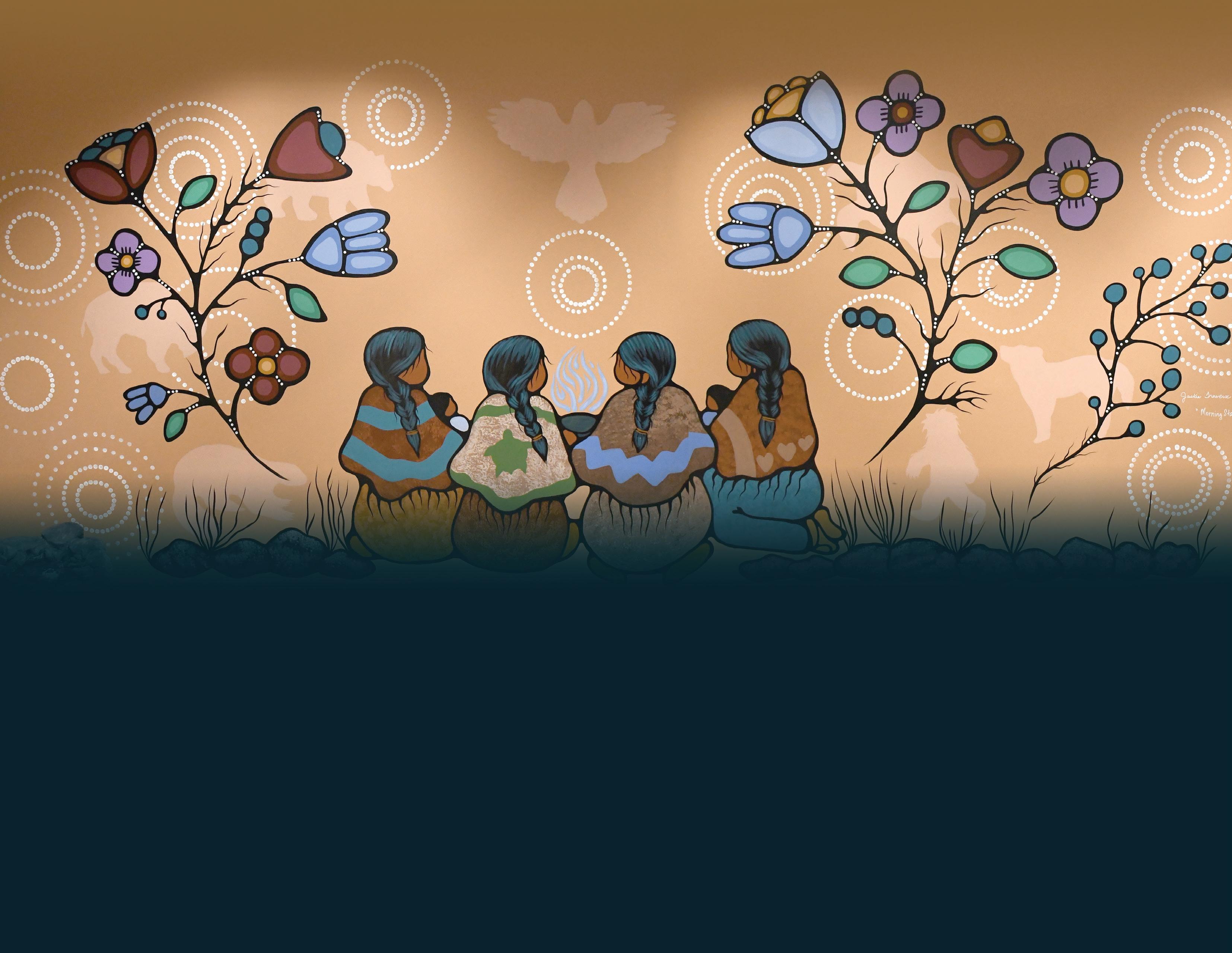

Negahneewin
(Leading The Way)
Indigenous Reconciliation Action Plan (IRAP)
Land Acknowledgement

We acknowledge that we are in the territory of the Anishinaabe peoples of northwestern Ontario. We work and live on the lands of Fort William First Nation, a signatory to the Robinson-Superior Treaty of 1850. We honour their enduring connection to this land and commit to working together for a sustainable future.
We also recognize that our seven regional campuses cross over multiple traditional and Treaty Territories, the historical contributions of Metis and Inuit Peoples, and that our students come to study from all over Turtle Island.
As part of the colonial history of Canada, non-Indigenous peoples have derived benefits from what the Truth and Reconciliation Commission defines as “cultural genocide” of Indigenous peoples in this country. We embrace our role and responsibilities in a national reconciliation process
and acknowledge that we are accountable for this tragic history. At Confederation College, we are working to address injustices against Indigenous peoples and to honour our relationships with communities.
In renewing our relationships and building reconciliation processes, we are respecting the leadership of Indigenous people in changing the educational landscape.
www.confederationcollege.ca/about/land-acknowledgement
Introduction
An Indigenous Reconciliation Action Plan (IRAP) is a powerful commitment to fostering meaningful reconciliation with Indigenous peoples. For Confederation College, our IRAP represents a transformative journey towards creating an inclusive, respectful, and empowering educational environment that honours Indigenous cultures, knowledge, and perspectives.
Why an IRAP?
Acknowledging our responsibility: As an educational institution, we recognize our pivotal role in advancing reconciliation through learning, research, and community engagement.
Responding to the Truth and Reconciliation Commission’s (TRC) Calls to Action: Our IRAP is developed to recognize the TRC’s calls, particularly those related to education and employment.
We are committed to upholding the principles outlined in the United Nations Declaration on the Rights of Indigenous Peoples (UNDRIP).
Fostering meaningful relationships: Our IRAP guides us in building and nurturing respectful, mutually beneficial relationships with Indigenous communities, students, and partners.
Driving institutional change: This plan serves as a roadmap for embedding Indigenous perspectives, knowledge, and practices across all aspects of our college.
Ensuring accountability: Through our IRAP, we commit to transparent reporting and continuous improvement in our reconciliation efforts.
Our vision for this IRAP is to:
• Guide Confederation College on our continued journey to reconciliation
• Unite and focus our efforts on building respectful and mutually beneficial relationships with Indigenous peoples
• Enable us to collaboratively create a more inclusive, supportive, and culturally rich educational experience for all students.
• Contribute to the broader societal shift toward reconciliation and Indigenous self-determination.
At Confederation College, we believe that education can transform lives and communities. Through our IRAP, we commit to harnessing this power to advance reconciliation, foster understanding, and create pathways for Indigenous success. This plan will serve as our compass, ensuring that every decision, policy, and action we take moves us closer to a future where Indigenous knowledge, cultures, and perspectives are celebrated and woven into the fabric of our institution.
This Indigenous Reconciliation Action Plan (IRAP) reflects our unwavering commitment to action, transparency, and meaningful collaboration with Indigenous communities. More than just a plan, it is a promise—to create an educational environment that is inclusive, respectful, and self-determining for all.
We recognize and honour the leadership, dedication, and advocacy of past and present employees, Indigenous leaders, and the Decolonization Committee, whose efforts have laid the foundation for this work. Their contributions have shaped the path we walk today, and this IRAP represents the next step forward—building on their progress to further reconciliation and systemic change.
Our commitments will evolve as we achieve our goals. In some areas, progress is already underway, while in others, timelines will shift as we implement meaningful steps forward. Feedback will be an ongoing and essential part of this process. We are committed to continually reviewing, improving, and sharing our progress as we move forward on this journey.
We invite our entire college community—students, employees and partners—to join us in this critical work of reconciliation. Together, we will honour Indigenous perspectives, foster understanding, and create lasting change.
(Leading
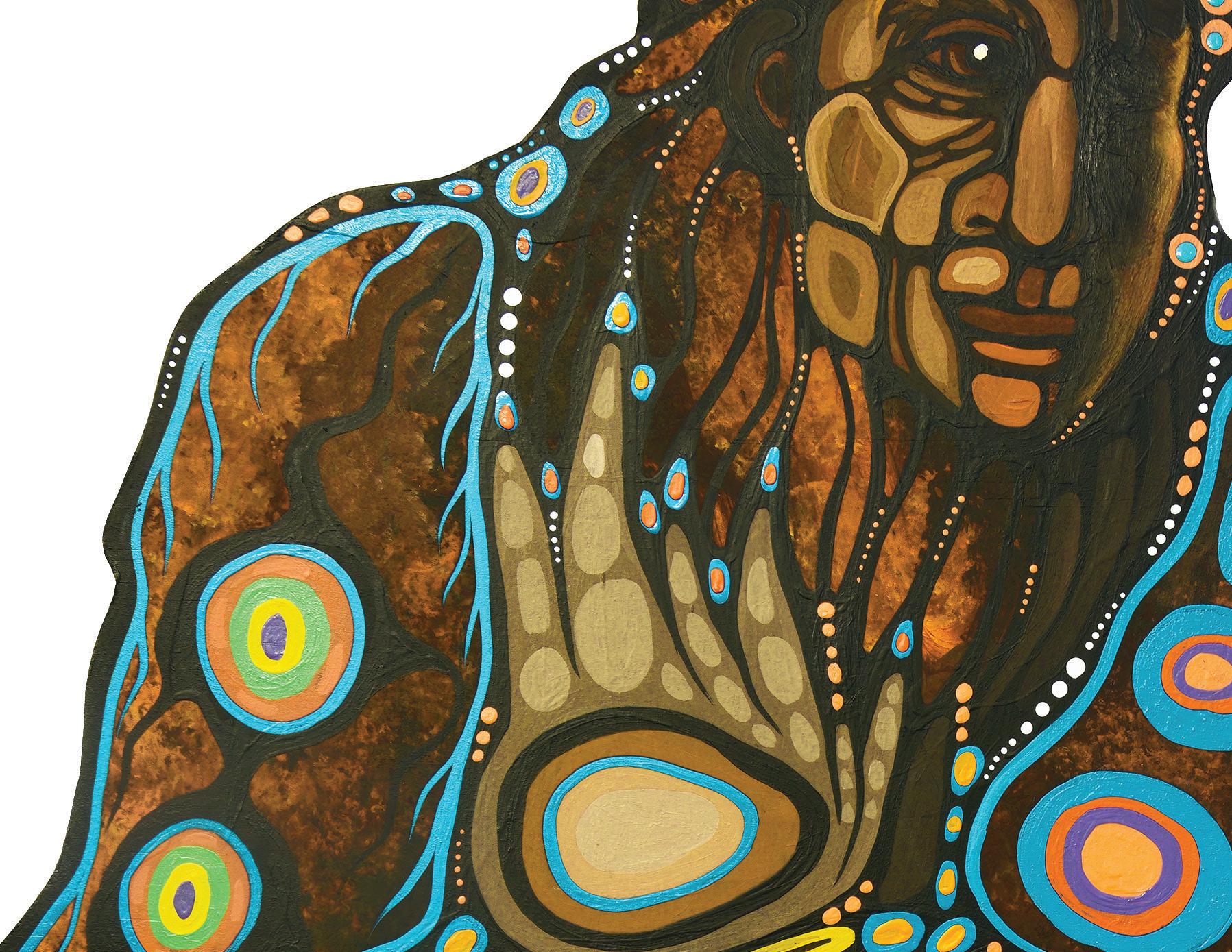
Seven Grandfather Teachings
The Seven Grandfather Teachings can take on various forms across Nations and Regions.
Confederation College/Negahneewin believe it is beneficial for individuals to seek these teachings from local communities or Knowledge Keepers on our campuses or in Northwestern Ontario.
The artistic interpretation of the Seven Grandfather Teachings by Jackie Traverse reflects her personal understanding of the teachings.
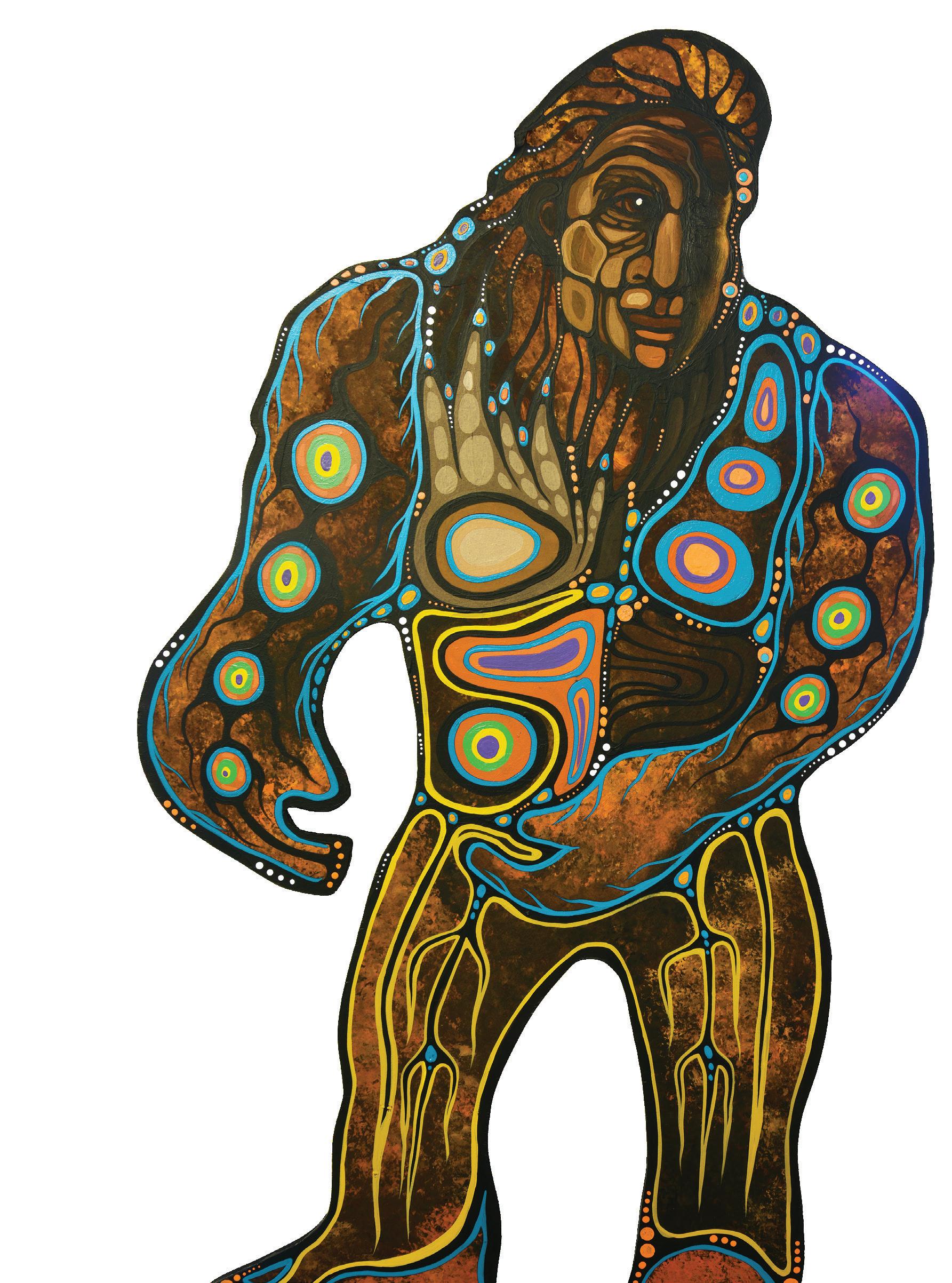
Leadership & Governance
People
Academics
Community Engagement
Social Accountability and Advocacy
Sustainability
Leadership & Governance
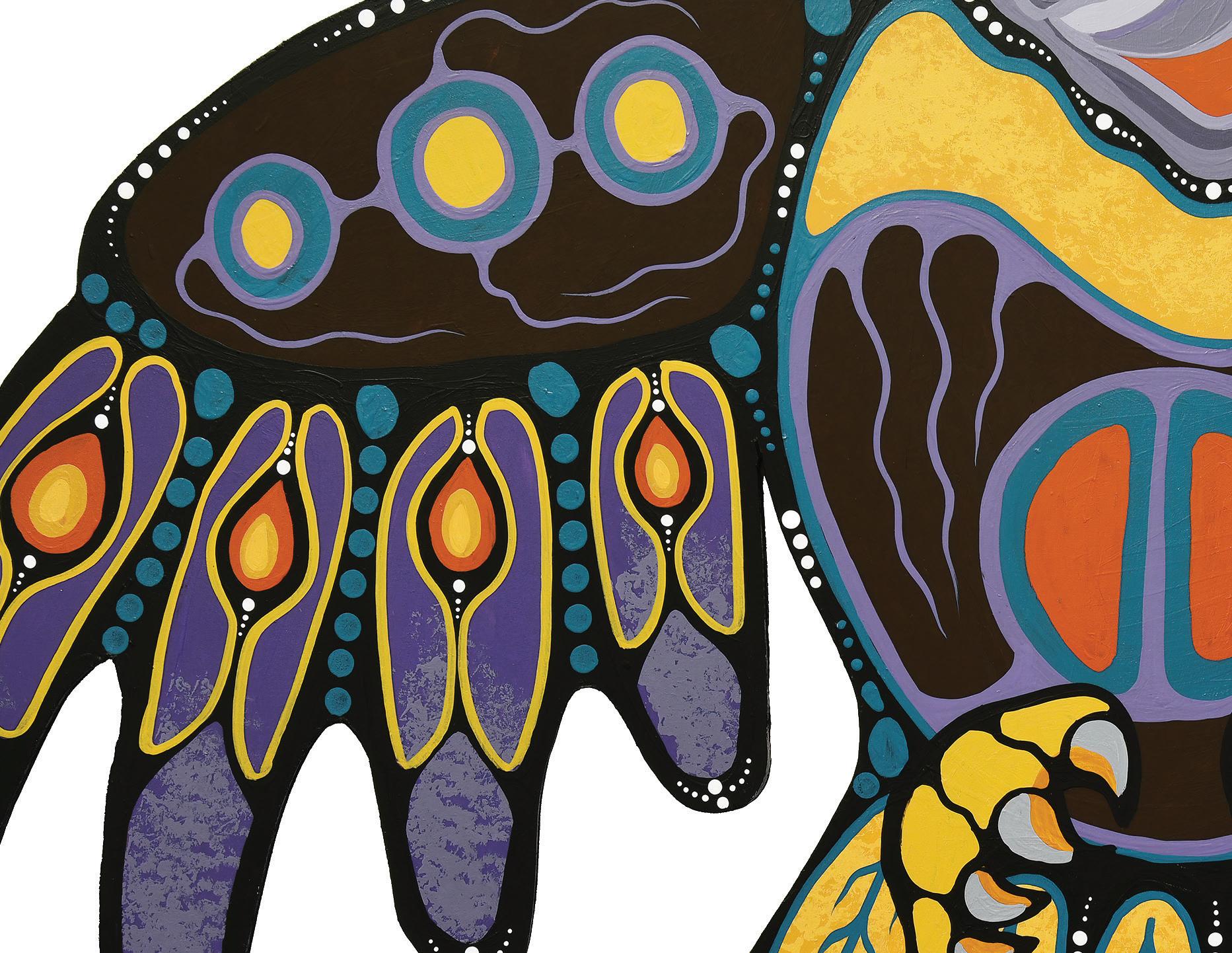
Confederation College is dedicated to fostering an inclusive, accountable governance structure where Indigenous voices, perspectives, and leadership guide decision-making in the spirit of Truth and Reconciliation.
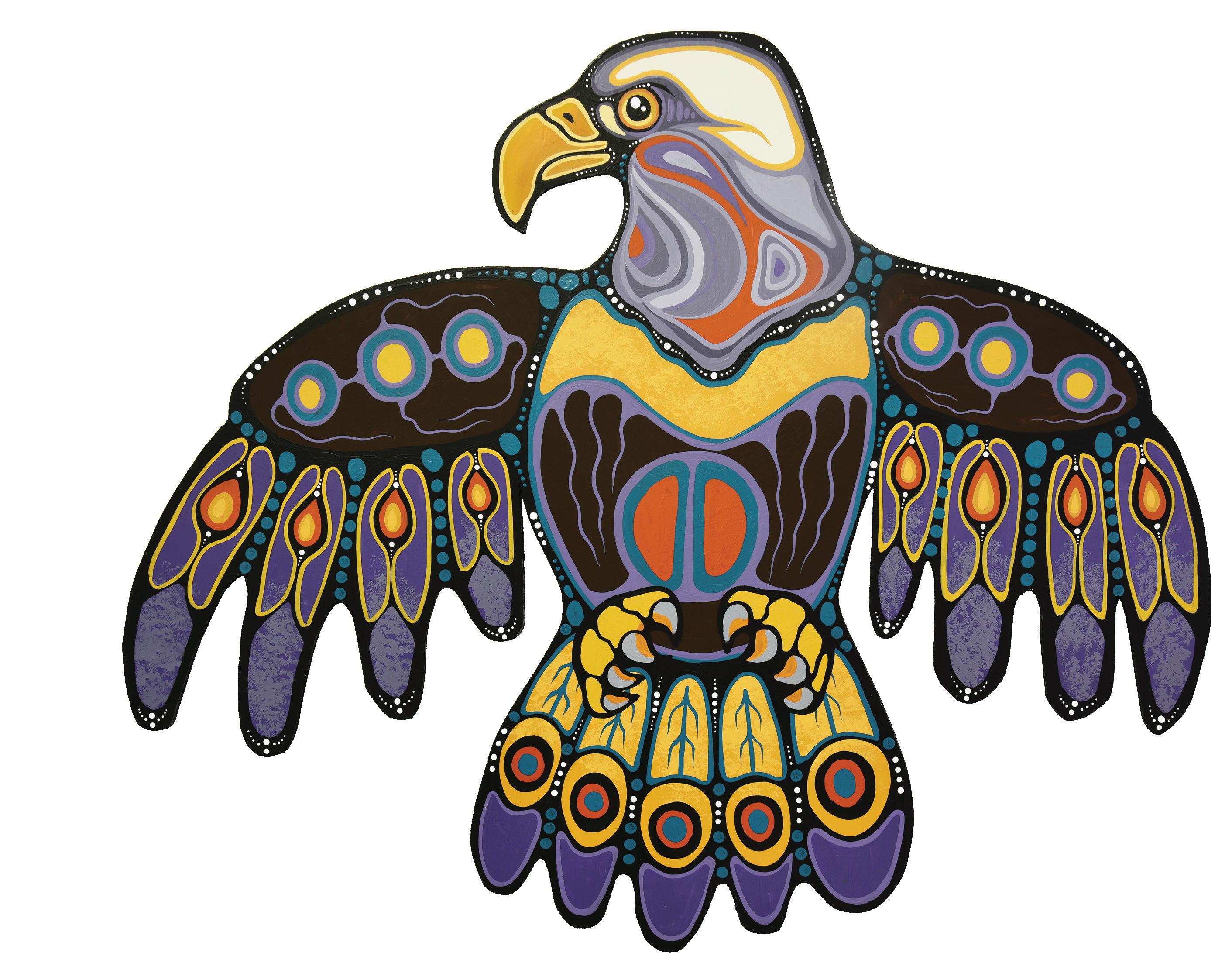
Commitment
Ensure Confederation College’s Indigenous Reconciliation Action Plan (IRAP) is continually guided by the insights, voices, and contributions of Indigenous students, employees, communities and partners.
Details Goals
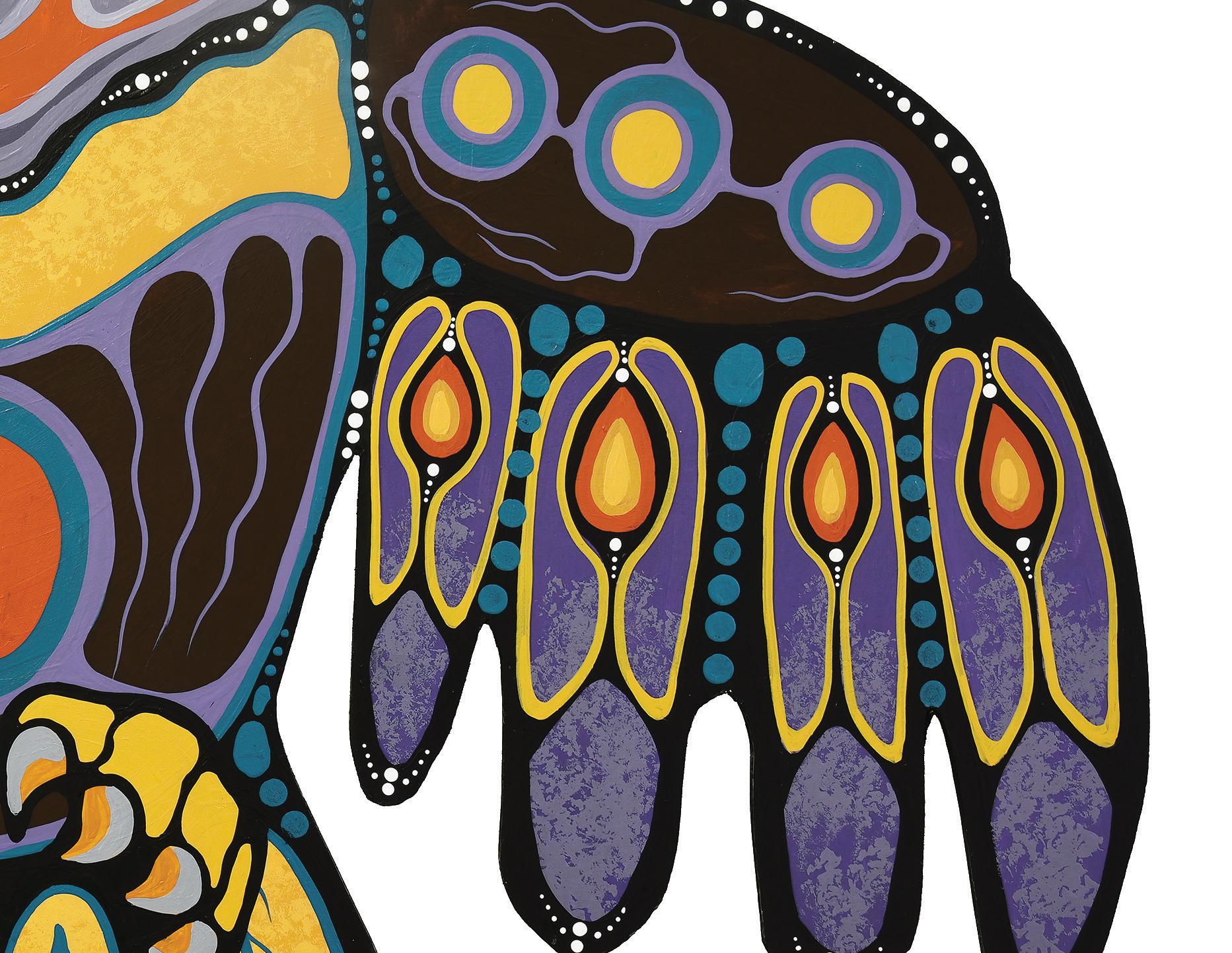
Opportunities will be established for Indigenous students, employees, and communities to provide input on IRAP initiatives. Formal conversations, sharing circles, and anonymous feedback mechanisms will be used to ensure Indigenous perspectives inform policies, programs, and governance structures.
Engagement Sessions: Host formal sessions to ensure diverse representation and meaningful input from Indigenous students, employees, and community partners.
Anonymous Feedback Mechanism: Implement a system that allows Indigenous students and employees to provide anonymous feedback on IRAP initiatives to encourage open and honest input.
IRAP Progress Report: Publish an annual report summarizing feedback received, actions taken, and areas for improvement, reinforcing transparency and accountability in the reconciliation process.
Inclusion in Decision-Making: Ensure that concerns and recommendations from Indigenous communities meaningfully inform decisions.
Accessibility and Communication: Distribute reports in both digital and printed formats to increase accessibility.
Promote and raise awareness among employees, students, and about Confederation College’s Truth & Reconciliation journey. Commitment
Details Goals
Truth & Reconciliation will be woven into the institutional culture by providing employees and students with opportunities to learn and engage. A structured communications plan, learning sessions, and dedicated resources will support awareness and confidence in reconciliation efforts.
Internal Communications and Engagement: Implement a structured plan to ensure regular communication on Truth & Reconciliation topics and create opportunities for employees and students to engage in forums, workshops, and interactive discussions.
Cultural Humility and Reconciliation Training: Offer learning sessions led by Indigenous educators to deepen understanding of Indigenous histories, cultures, and reconciliation efforts.
Indigenous Terminology and Pronunciation Resources: Provide guides and pronunciation resources to help employees discuss Indigenous topics and use Indigenous names with confidence and respect.
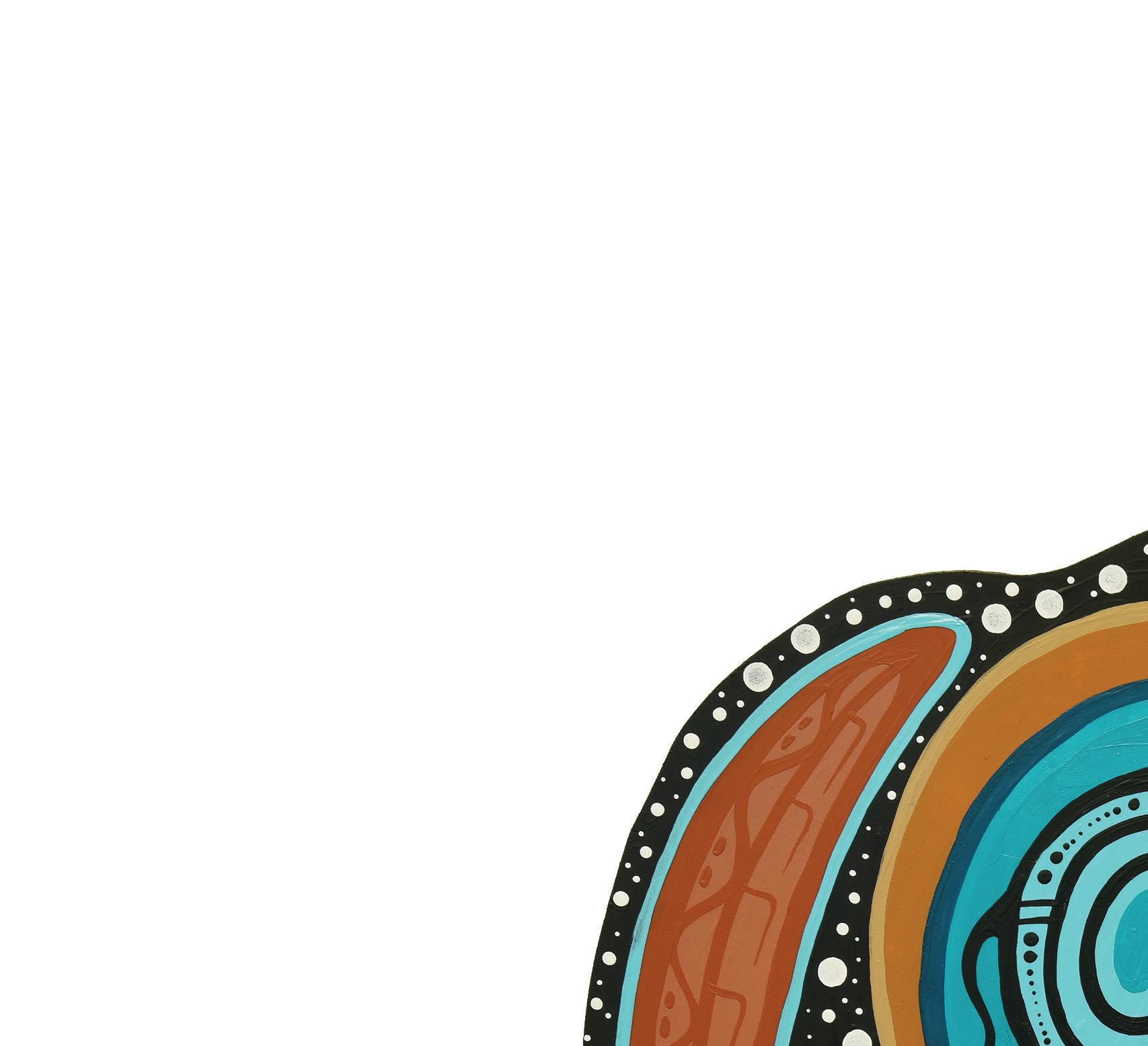
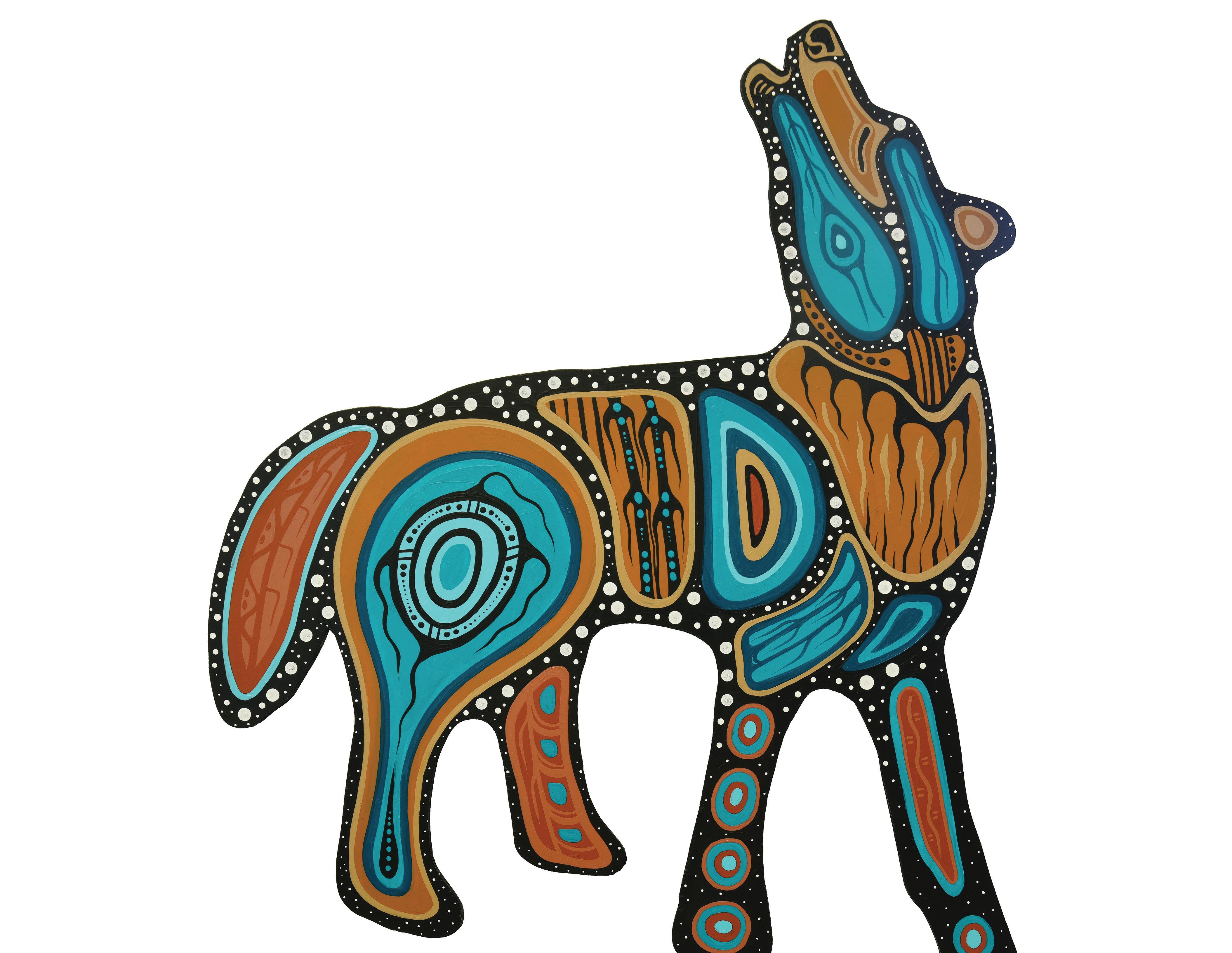

Commitment
Enhance the accessibility and inclusivity of Indigenous recruitment activities and processes to better support Indigenous applicants.
Details Goals
Culturally inclusive hiring practices will be prioritized by strengthening relationships with Indigenous communities, increasing visibility in Indigenous spaces, and aligning recruitment efforts with Indigenous perspectives. Partnerships with Indigenous employment agencies and community organizations will expand outreach, while job postings and hiring processes will reflect a commitment to Indigenous representation and cultural safety.
Community Partnerships: Establish formal partnerships with Indigenous recruitment agencies, employment programs, and community leaders to strengthen outreach and support for Indigenous applicants and job postings.
Education: Provide training on culturally safe recruitment practices, including guidance on drafting inclusive job descriptions and conducting respectful interviews.
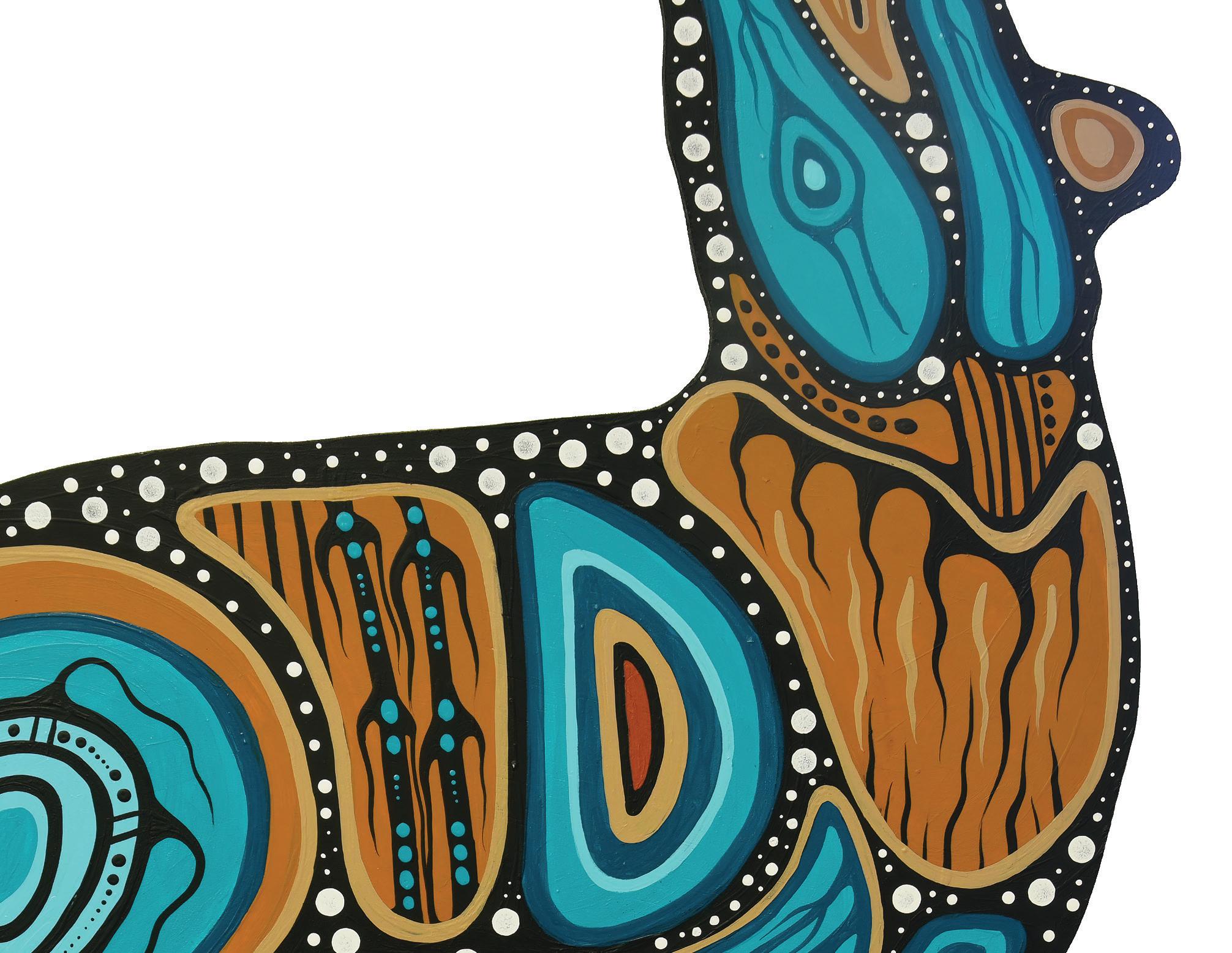
Commitment
Enhance hiring managers’ ability to recruit, support, and manage Indigenous candidates respectfully.
Details Goals
Hiring managers will be equipped with the tools, knowledge, and confidence to create culturally safe and respectful recruitment and workplace practices.
Training: Deliver training sessions for hiring managers on equitable and respectful recruitment and workplace practices.
Recruitment Toolkit: Provide hiring managers with an Indigenous recruitment toolkit, guidance on drafting inclusive job descriptions, culturally relevant interview questions, and best practices for supporting Indigenous employees.
Workplace Support: Offer resources and mentorship opportunities to help managers foster a culturally safe work environment for Indigenous employees.
People
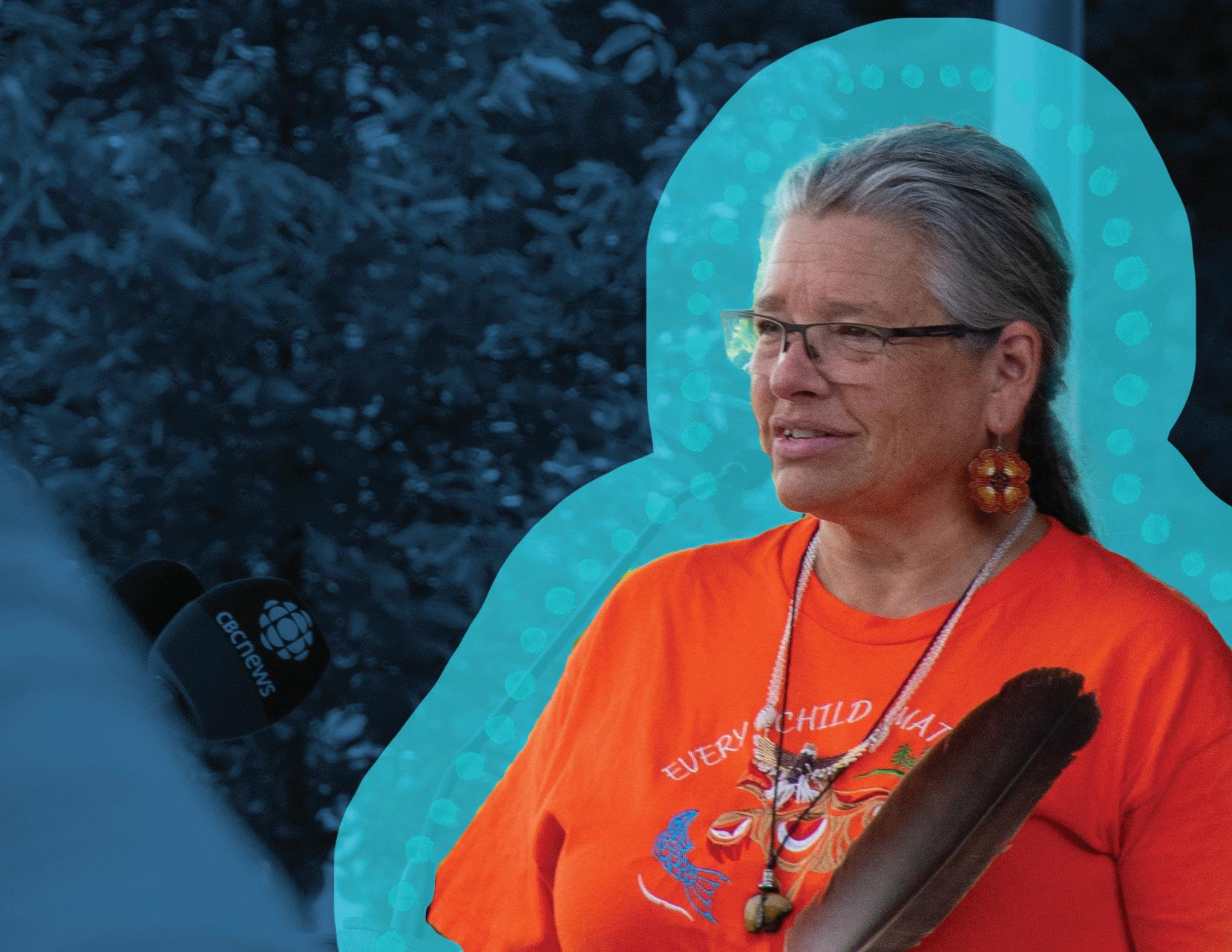
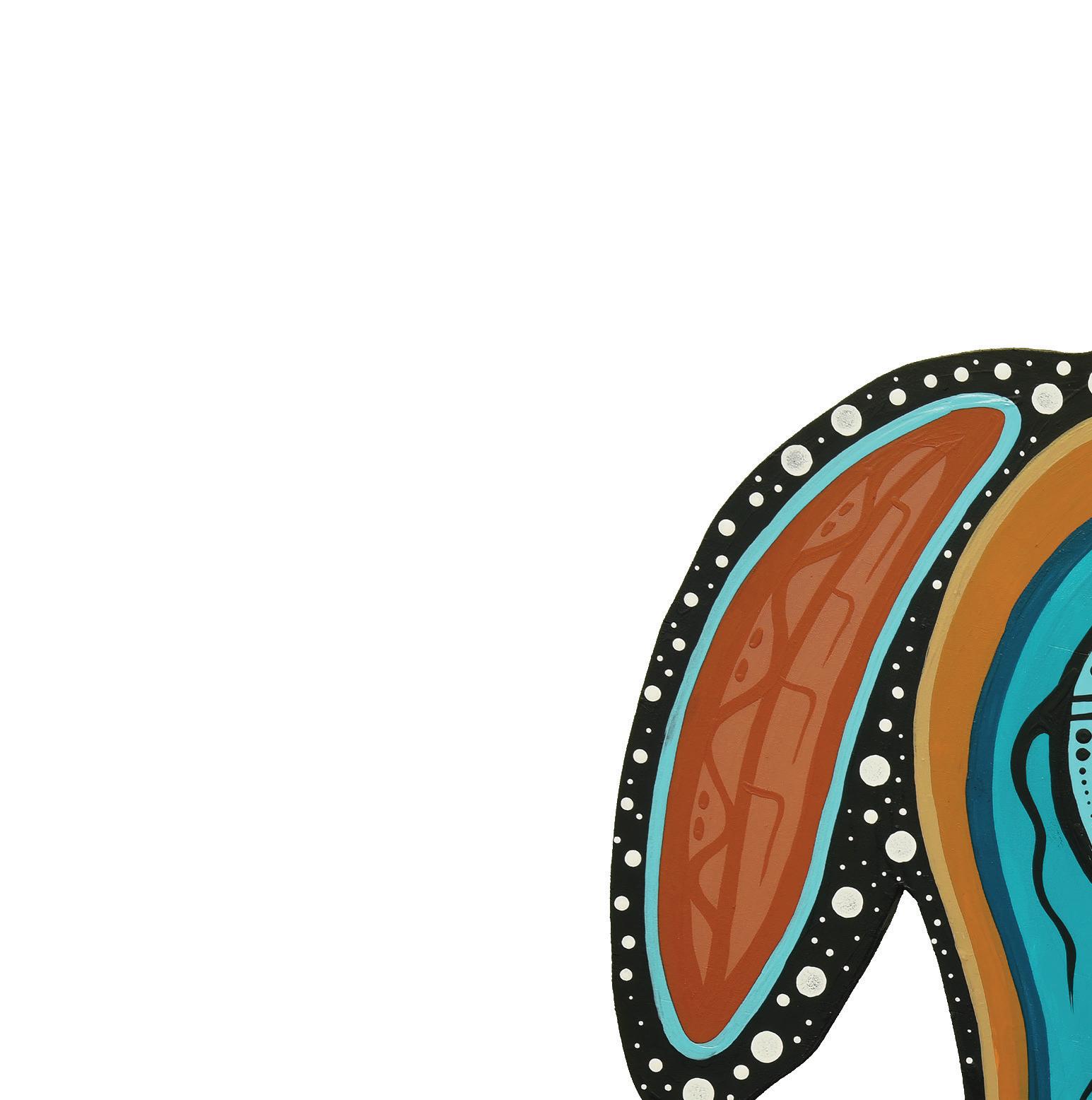
Commitment
The College is committed to enhancing Indigenous representation within its workforce.
Details Goals
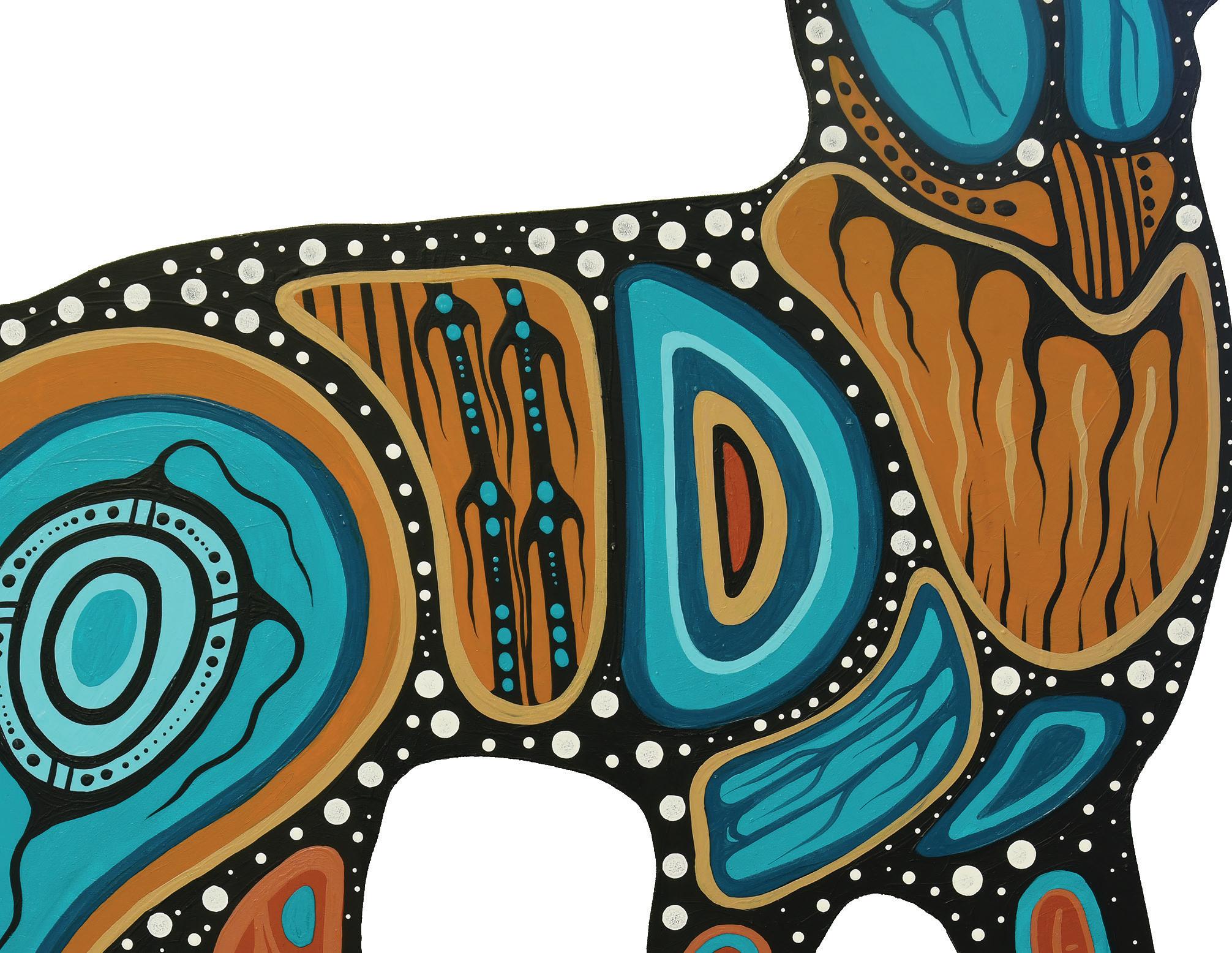

Enhance Indigenous recruitment and retention efforts through culturally safe hiring practices, expanded outreach via community partnerships, and the development of a workplace environment that values Indigenous voices and fosters long-term career growth.
Set Clear Hiring Targets: Establish clear hiring targets to guide and measure our progress.
Expand Indigenous Representation: Increase Indigenous representation across academic, support staff, and administrative roles.
Equip Hiring Managers: Provide hiring managers with tools and training to support equitable and inclusive hiring processes.
Support Retention and Belonging: Strengthen retention through mentorship programs, community-building initiatives, and culturally supportive practices.
Foster Ongoing Engagement: Engage in ongoing dialogue with Indigenous employees and communities to inform and improve our efforts.
Commitment
Provide employees with opportunities and support to learn about the history and experiences of Indigenous peoples in education.
Details Goals
Employees will be provided with learning opportunities to deepen their understanding of Indigenous histories, perspectives, and experiences in education. Structured sessions, self-directed resources, and open dialogue will foster a workplace culture where reconciliation is embedded in daily practice. Leadership will be encouraged to actively engage in learning, with a focus on the historical and ongoing impacts on Indigenous students coming to our Confederation College campuses for education.
Educational Resources: Provide employees with access to key learning materials to deepen understanding of Indigenous experiences in education.
Structured Learning: Offer training sessions and workshops led by Indigenous educators, Elders, and Knowledge Keepers.
Leadership Engagement: Encourage College leadership and management to actively participate in reconciliation-focused learning and discussions.
Ongoing Reflection: Establish spaces for employees to engage in open dialogue and reflection, such as discussion forums or sharing circles.
Accountability and Tracking: Implement a system to track participation in learning opportunities and assess impact through feedback surveys and engagement metrics.
Academics
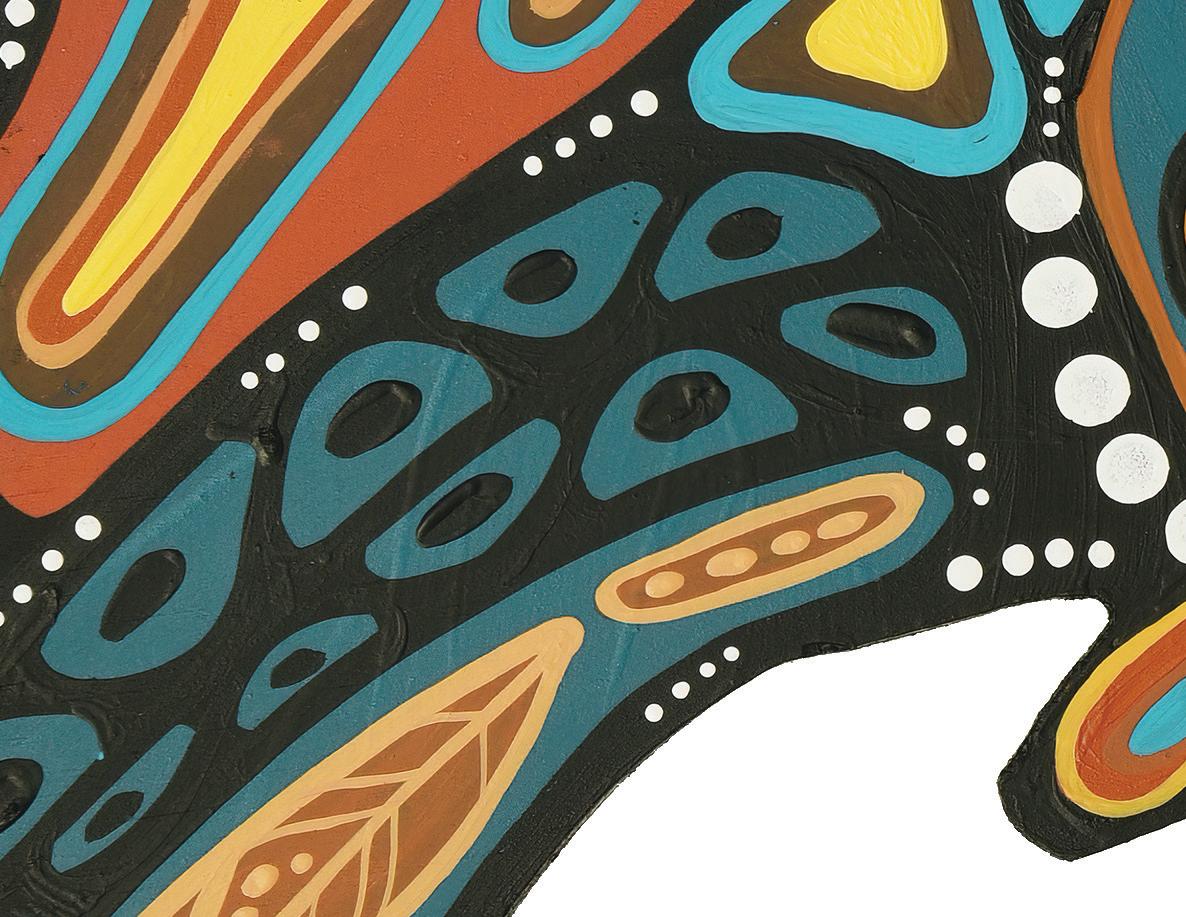
Confederation College is committed to integrating Indigenous perspectives, knowledge systems, and ways of learning across all academic programs. Through the Indigenous Learning Outcomes (ILO), we ensure that all students graduate with a deeper understanding of Indigenous histories, cultures, and contributions, fostering inclusive, culturally relevant, and equitable education for Indigenous learners.
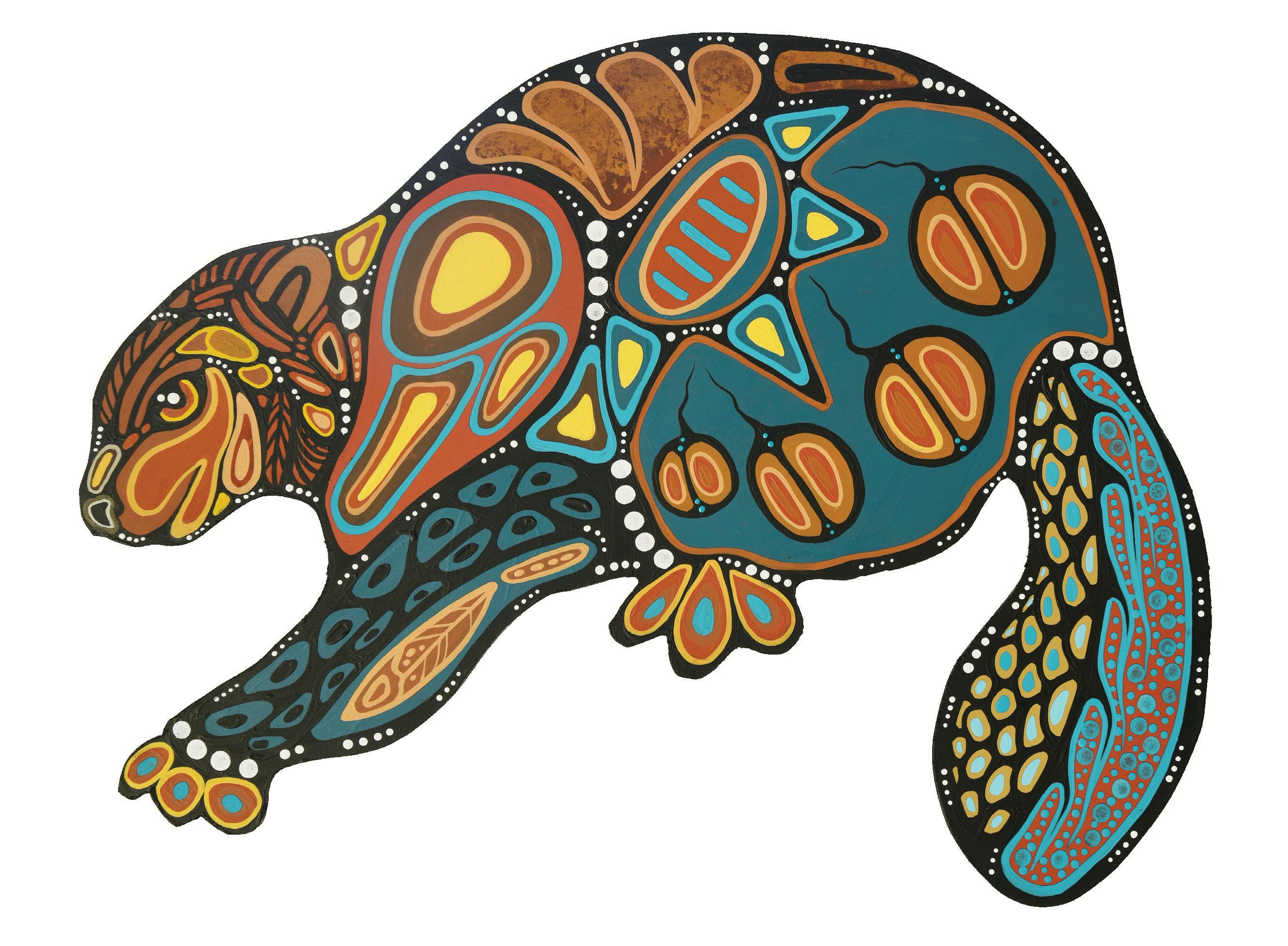
Commitment
Reduce financial barriers for Indigenous students in order to increase accessibility.
Details Goals
Barriers that prevent Indigenous students from accessing post-secondary education during the application process will be explored. Collaboration with Indigenous communities, funding partners, and government agencies will help identify sustainable financial supports and ensure admissions processes are inclusive and responsive to the financial challenges faced by Indigenous learners.
Research & Feasibility Study: Assess the financial impact and feasibility of waiving or reducing application fees, registration deposits, and other costs for Indigenous students. Conduct consultations with Indigenous partners to reduce barriers, such as lab fees, textbooks, and transportation.
Promotion & Outreach: Ensure Indigenous students are aware of financial supports by integrating information into recruitment materials, social media, the College website, and during outreach efforts with Indigenous communities, high schools, and band offices.
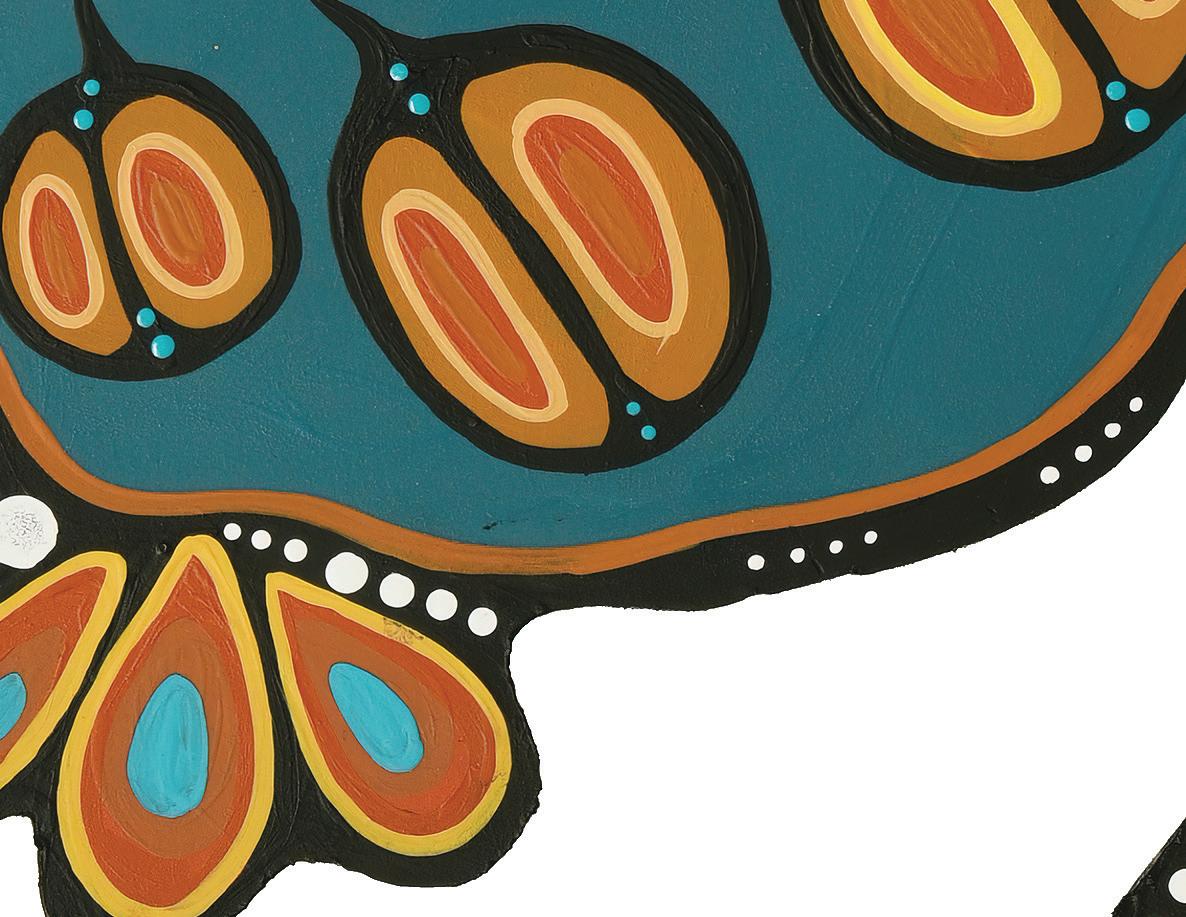
Commitment
Provide meaningful and respectful supports for Indigenous students and foster a discrimination-free college community.
Details Goals
A safe and inclusive environment will be created where Indigenous students feel supported in sharing their experiences and accessing the resources they need. Culturally relevant supports, including Elders, Knowledge Keepers, and Indigenous-led wellness initiatives, will be provided. Proactive steps will be taken to prevent and address discrimination, raise awareness, and ensure all students and employees contribute to a respectful and inclusive campus.
Engagement & Sharing Circles: Partner with Indigenous leaders, employees, and student groups to co-design and facilitate sharing circles that are culturally safe and welcoming. Ensure facilitators are trained in trauma-informed practices and cultural protocols.
Proactive Communication: Issue public statements reaffirming the zero-tolerance policy for discrimination and outlining available supports for Indigenous students. Ensure antidiscrimination and harassment policies are visible and accessible.
Awareness & Training: Use insights from sharing circles to develop workshops, posters, and digital resources that educate employees and students about respectful behaviour and inclusivity. Offer training to address unconscious bias and systemic barriers faced by Indigenous students.
Feedback & Continuous Improvement: Establish anonymous feedback mechanisms for students to assess the effectiveness of sharing circles and other supports. Regularly review and update strategies based on student input and best practices.
Academics
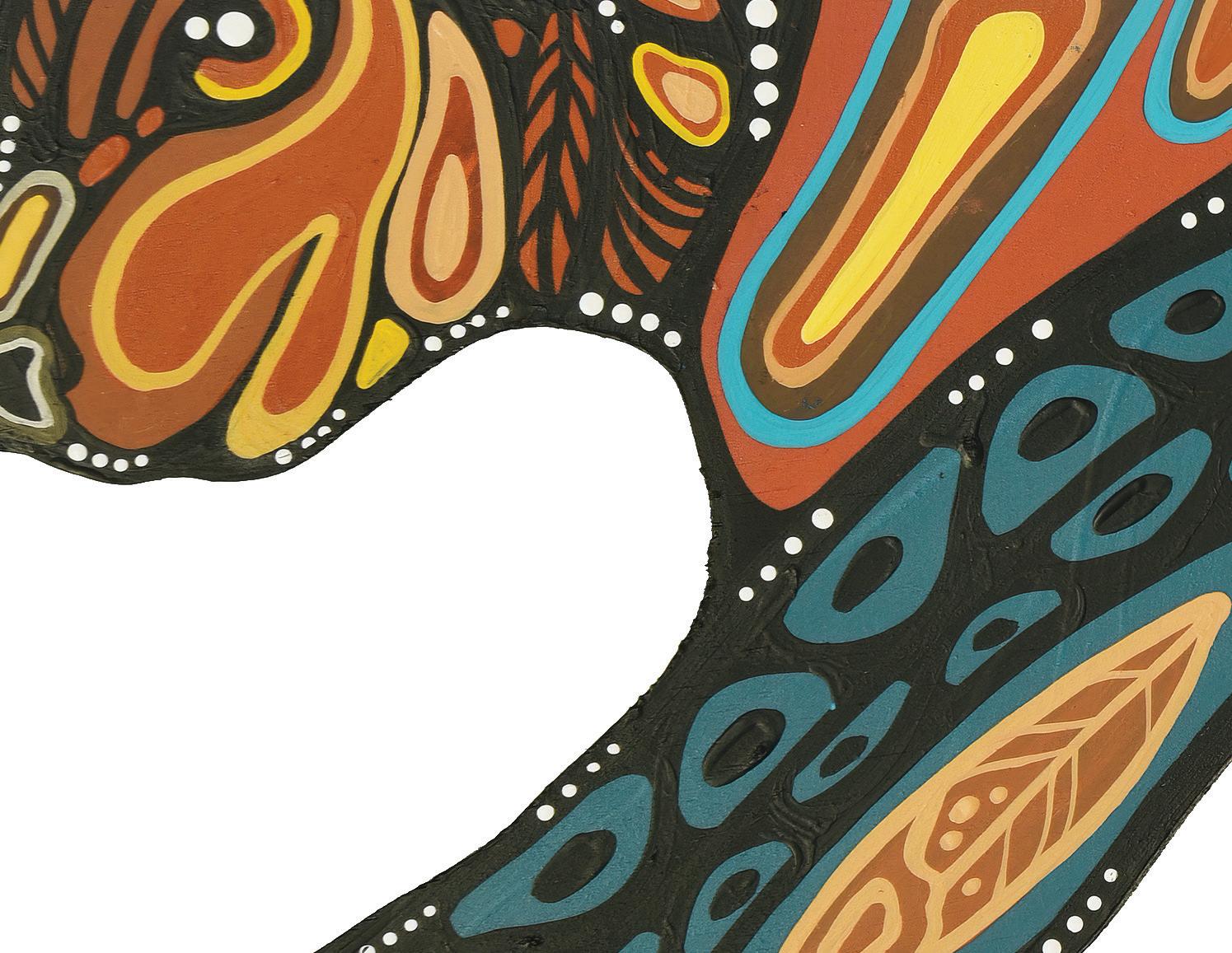
Commitment
Ensure curriculum about Indigenous Peoples is developed by Indigenous Peoples, reflecting authentic perspectives and knowledge.
Details Goals
Indigenous Learning Outcomes (ILOs) will be embedded across all programs to ensure Indigenous histories, cultures, and contributions are meaningfully represented. Indigenous leadership will be prioritized in curriculum development, with resources and recognition provided to educators for their ongoing contributions. An inclusive academic environment will be fostered to ensure Indigenous knowledge is fully woven into pedagogy, classroom interactions, and student engagement.
Curriculum Review & ILO Integration: Ensure cultural accuracy and inclusivity during the annual program review process. Work with academic leadership to ensure Indigenous Learning Outcomes (ILOs) are embedded into pedagogy, curriculum delivery, and classroom interactions.
Faculty Training & Support: Provide training for faculty on integrating Indigenous perspectives into curriculum and pedagogy. Offer workshops on Indigenous pedagogy, addressing biases, and creating inclusive learning environments.
Feedback & Transparency: Collect feedback from Indigenous students through surveys or sharing circles.
Resource Allocation: Dedicate funding to Indigenous-led curriculum initiatives, including hiring Knowledge Keepers and Elders as advisors. Provide faculty with access to culturally appropriate teaching resources through a centralized repository.
Commitment
Collaborate with post-secondary organizations, Colleges Ontario, Indigenous Institutes and Indigenous organizations to collectively advocate for and influence improved Indigenous education outcomes.
Details Goals
Collaboration with post-secondary institutions will strengthen advocacy for systemic improvements in Indigenous education. Engagement in Indigenousfocused conferences, partnership-building, and policy discussions will enhance collective efforts to improve Indigenous education outcomes. Through knowledgesharing and advocacy, Indigenous pedagogies, perspectives, and ways of knowing will be embedded across post-secondary institutions.
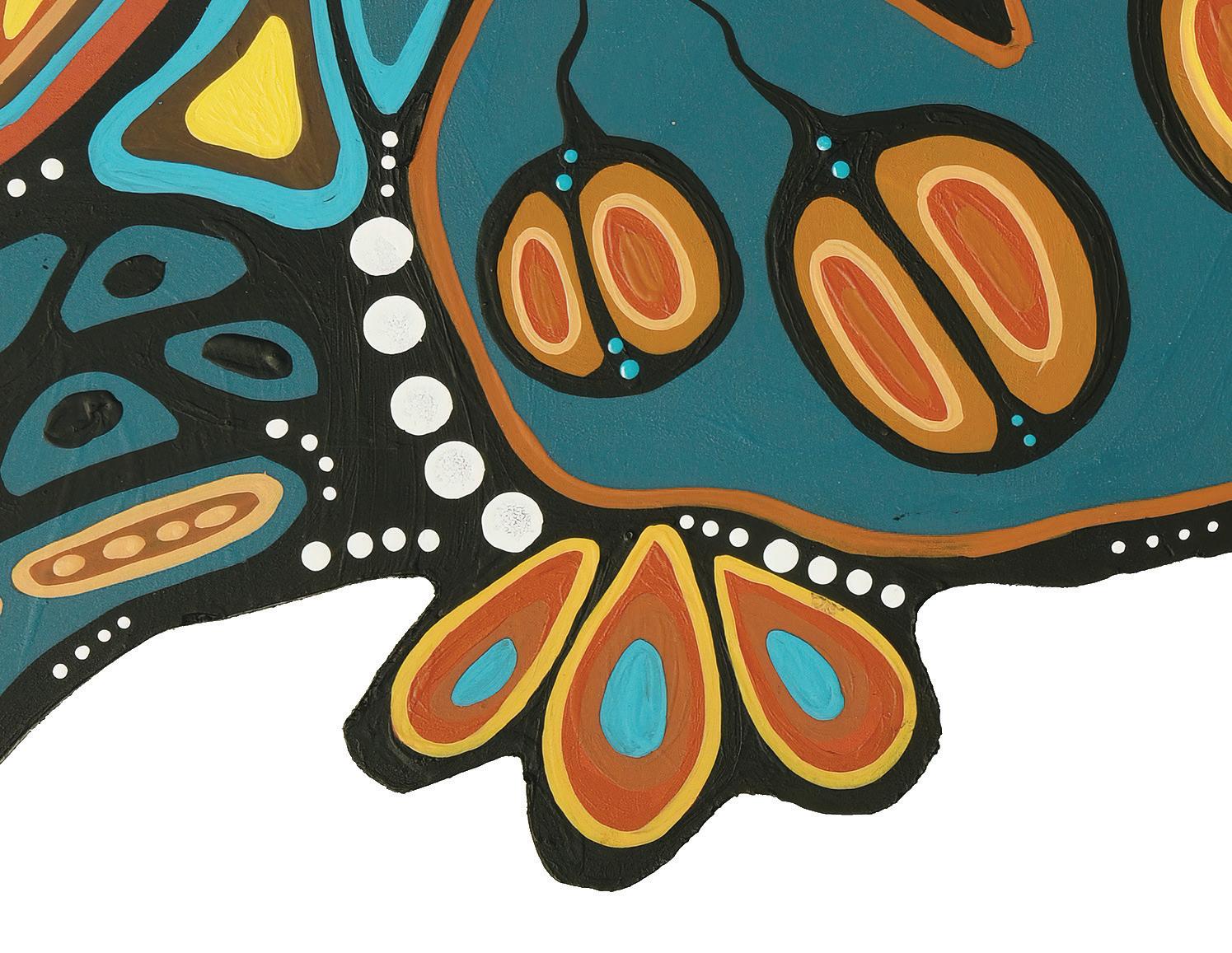
Collaborative Network: Engage with post-secondary institutions across the region and participate in collaborative networking opportunities that allow institutions to come together to share insights and resources while developing solutions.
Advocacy and Policy Development: Participate in provincial and national initiatives advocating for systemic change in Indigenous education.
Community Engagement
Confederation College builds and strengthens respectful partnerships with Indigenous communities, working together to create opportunities for shared leadership, collaboration, and mutual benefit
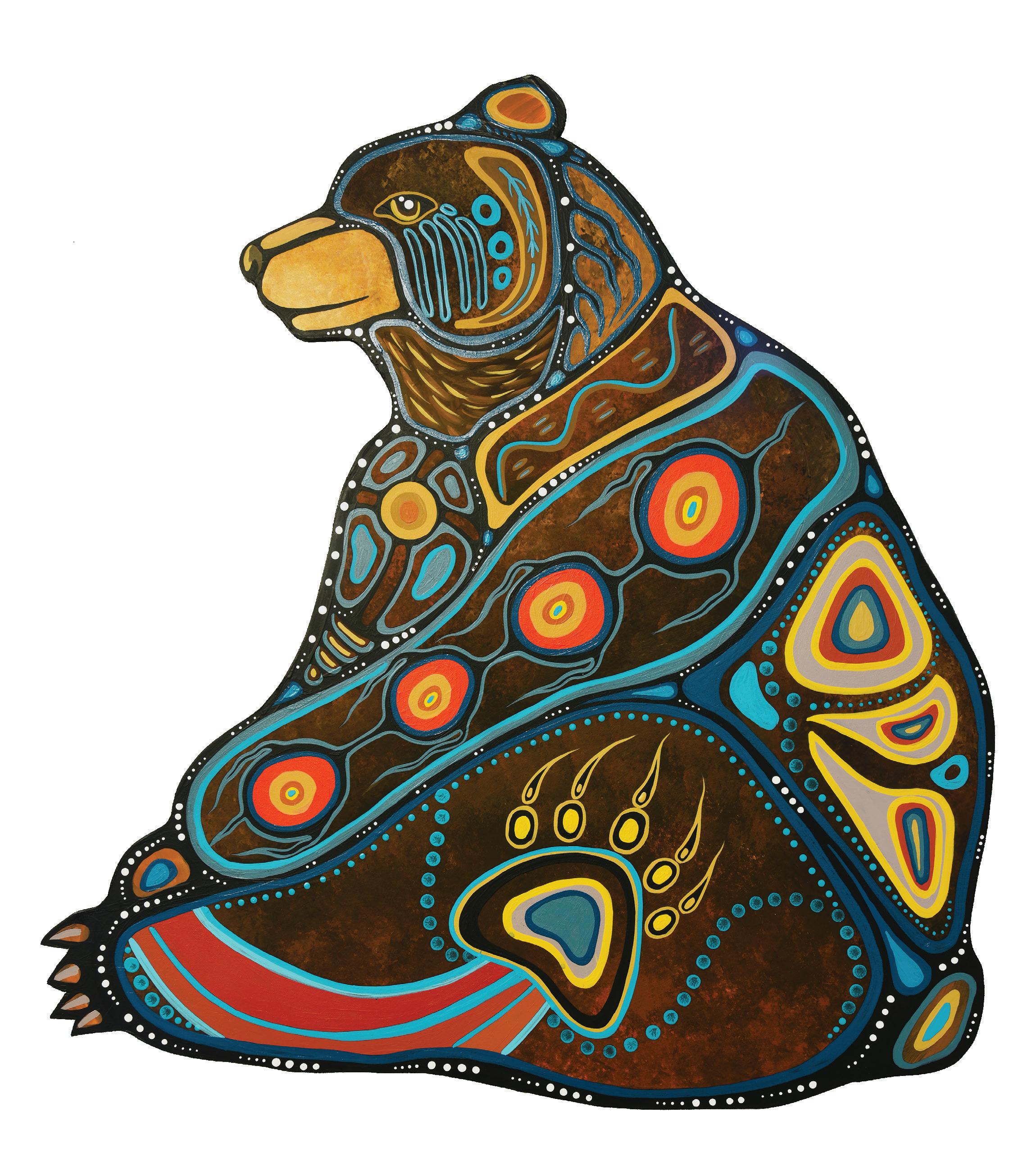
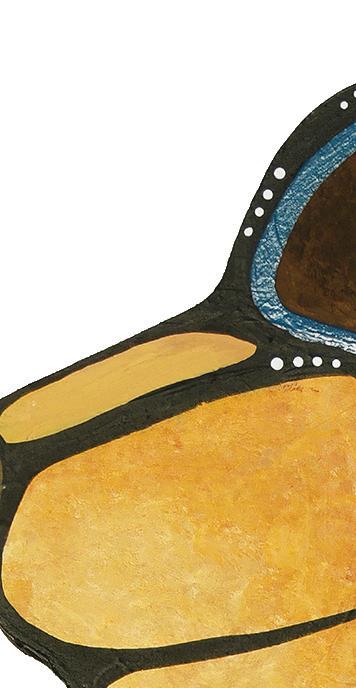
Foster meaningful collaboration between Confederation College, Negahneewin Council, and Indigenous partners.
Details Goals
Culturally appropriate engagement and ongoing communication will be prioritized and expanded to build strong, flexible partnerships that evolve based on lived experiences and feedback.
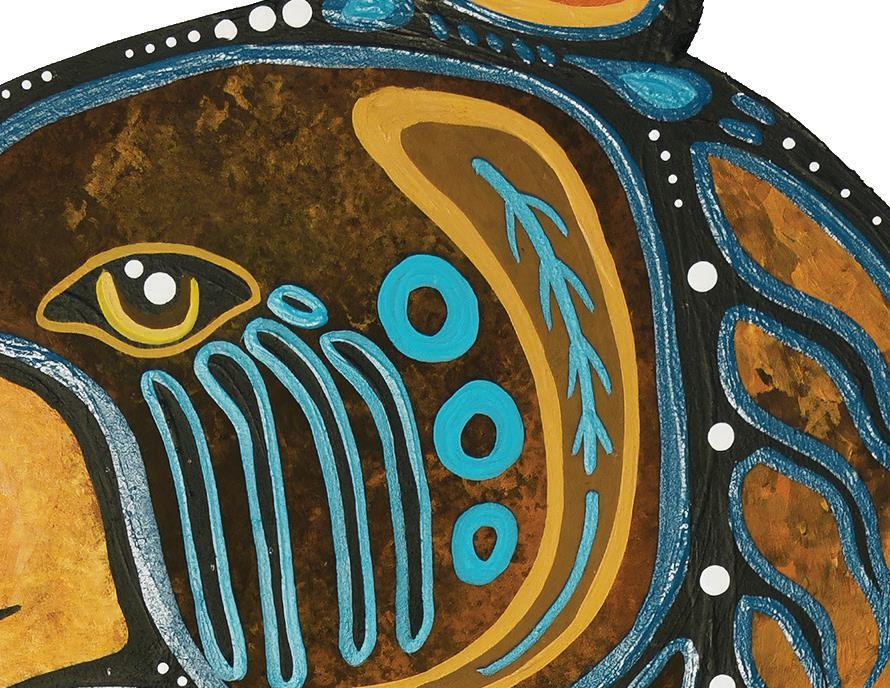
Engagement: Increase outreach with Indigenous community partners.
Internal policies: Ensure an Indigenous lens is applied to policy development.
Training and Awareness: Provide cultural humility and safety training for management teams to support respectful collaboration with Indigenous partners. Educate all participants about the consultation process to ensure transparency and shared understanding.
Ongoing Support and Communication: Ensure an Indigenous person is in a senior leadership role to advise and maintain consistent communication between the college and Indigenous partners.
Commitment
Coordinate community engagement efforts.
Details Goals
Community engagement efforts will be respectful, coordinated and efficient. Communication will be streamlined, engagements will be tracked, and activities will be aligned with community needs to foster stronger, more sustainable relationships.
Standardized Engagement Protocols: Explore a formal process for initiating, tracking, and evaluating engagement efforts. Require employees to consult the tracking system before planning new engagements to avoid duplication.
Internal Coordination: Assign a centralized team or liaison to oversee community engagement efforts and maintain the tracking system. Hold regular internal meetings to ensure alignment with community priorities.
Feedback and Continuous Improvement: Consult Indigenous partners to gather feedback on the engagement process. Update the tracking system and protocols based on evolving needs.
Community Engagement

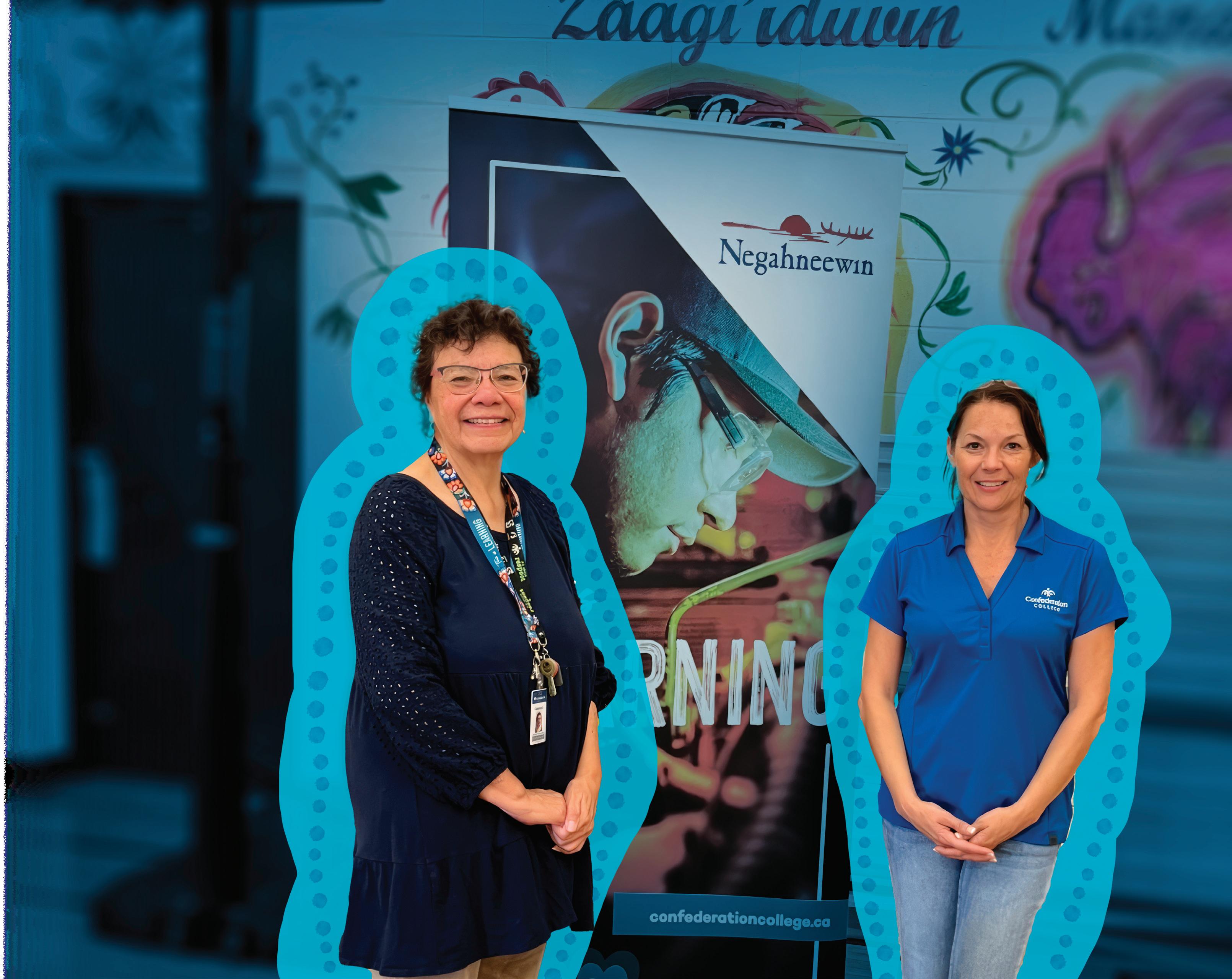

Commitment
Empower Confederation College employees to build relationships with Indigenous communities.
Details Goals
Employees will be supported in building meaningful relationships with Indigenous communities through opportunities for engagement. Provide structured and collaborative training options to support employee understanding of respectful and informed community engagement practices.
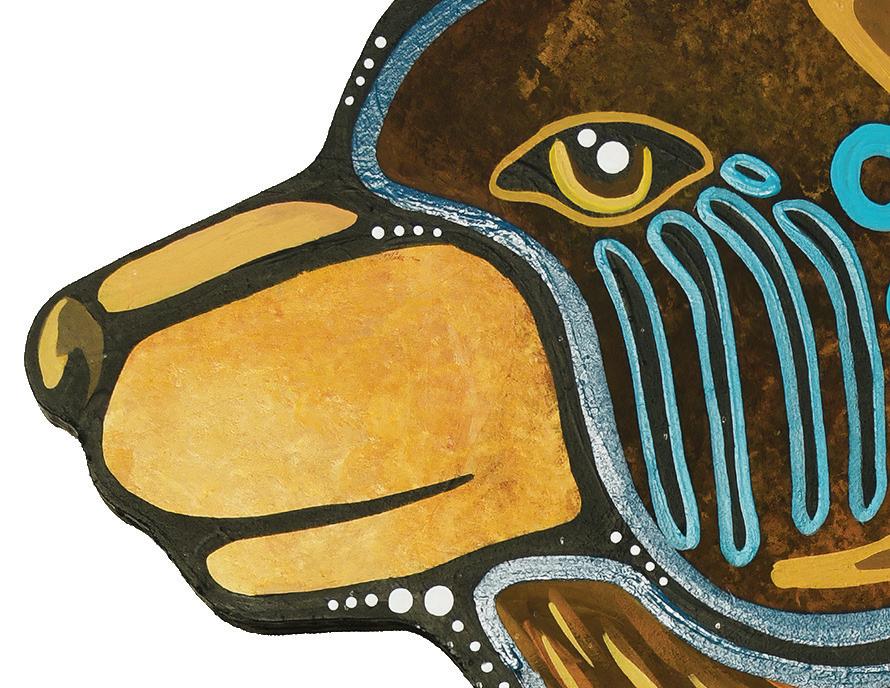
Flexible Participation Options: Offer multiple ways for employees to engage.
Employee Preparation and Training: Provide cultural humility and safety training, along with community-specific orientation, to ensure respectful and informed engagement. Share protocols for interacting with community members in alignment with Indigenous values and traditions.
Social Accountability and Advocacy
Confederation College advances reconciliation through advocacy, partnerships, and initiatives that address systemic barriers and contribute to community well-being, while respecting the principles of Free, Prior, and Informed Consent (FPIC) and the United Nations Declaration on the Rights of Indigenous Peoples (UNDRIP).
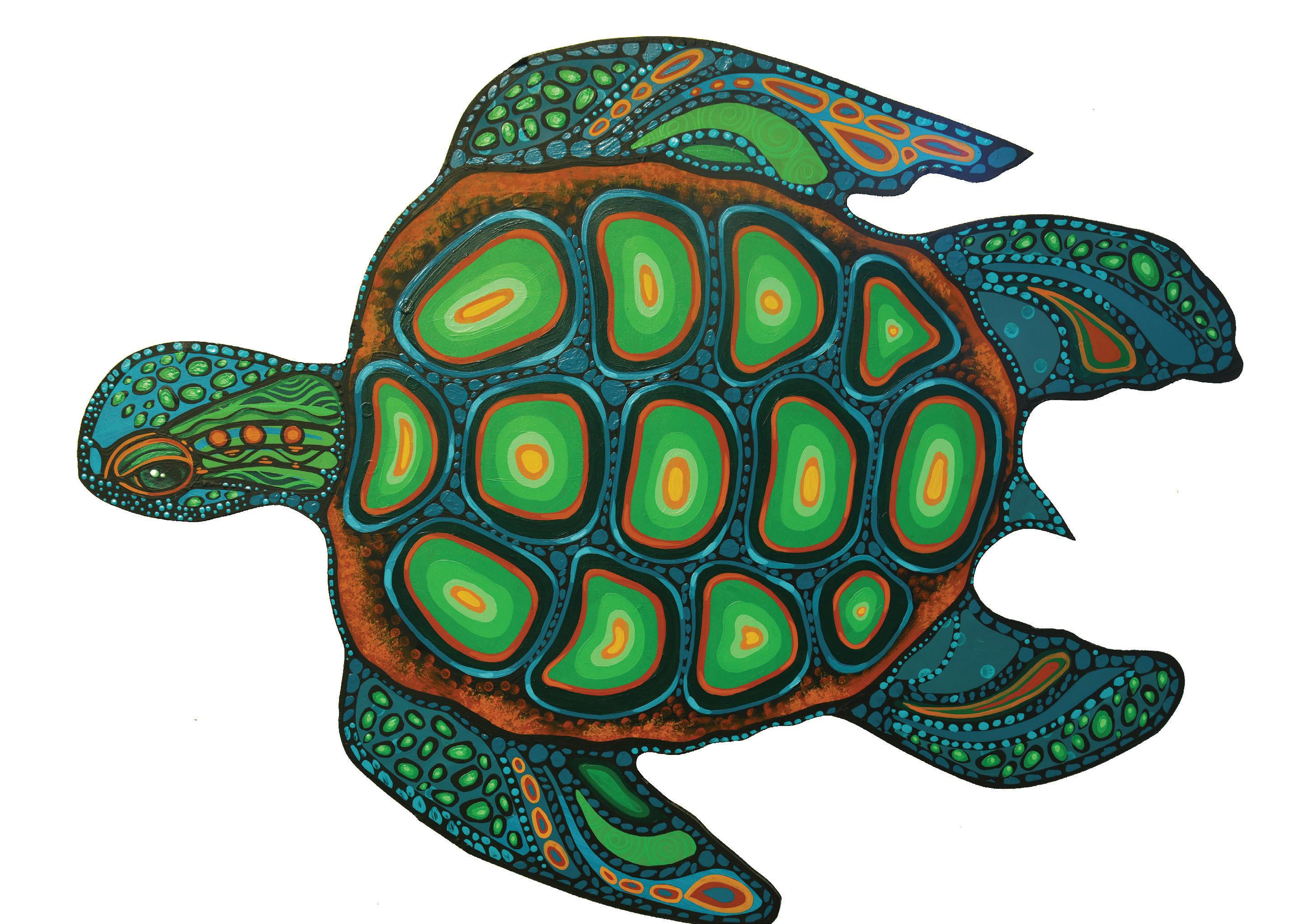

Create dedicated spaces for Indigenous educators across post-secondary institutes to collaborate, build relationships, share learnings and identify opportunities for collective action to improve Indigenous education outcomes.
Details Goals
Designated spaces will be created for Indigenous educators to collaborate, build relationships, and share knowledge to improve Indigenous education outcomes. A Community of Practice will be fostered to support shared learning, mentorship, and advocacy, ensuring Indigenous voices shape post-secondary policies, practices, and Indigenous Learning Outcomes (ILOs).
Commitment
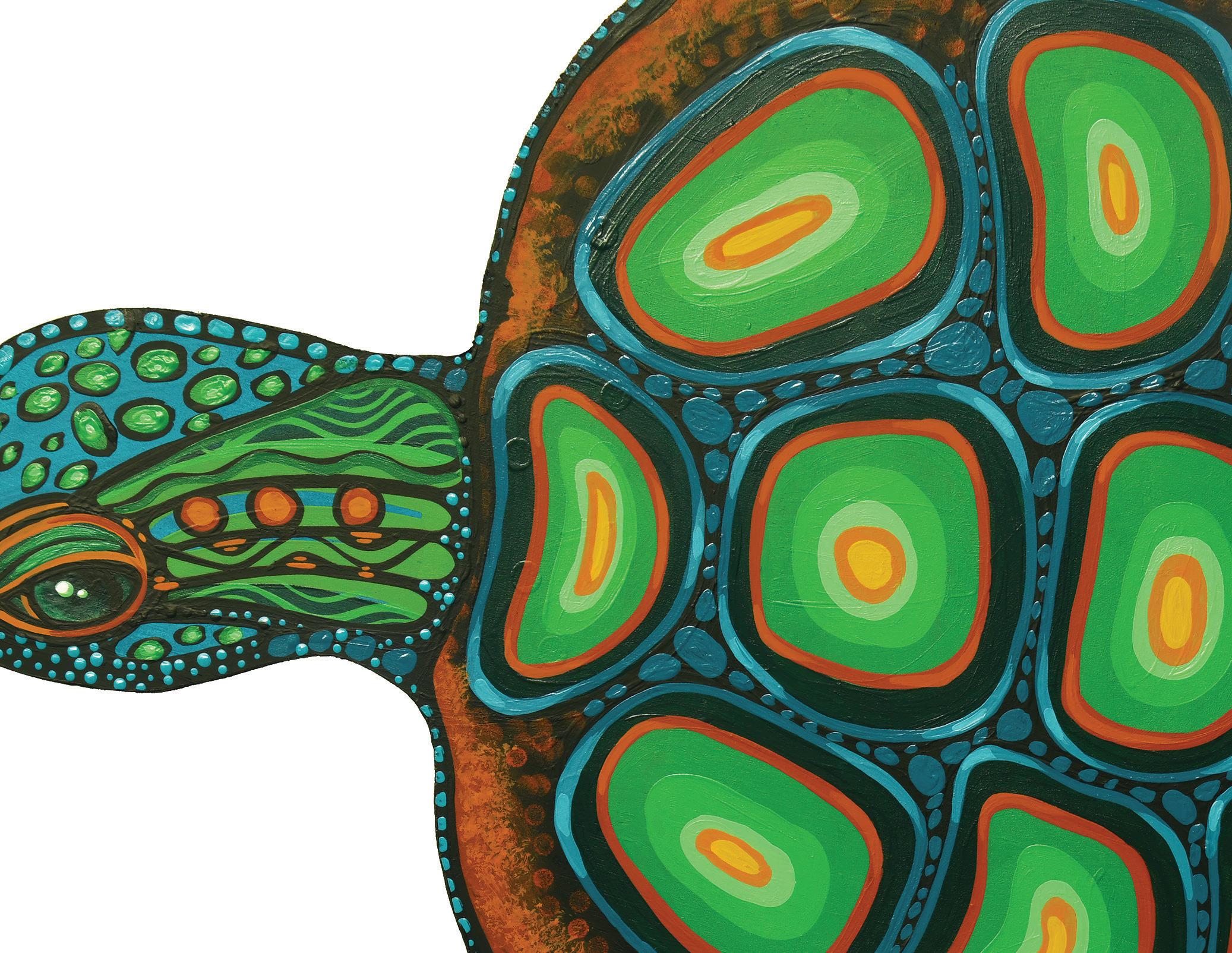
Build Community and Supports: Foster a sense of belonging by incorporating relationshipbuilding activities, such as sharing circles and storytelling, into gatherings. Establish a peer mentorship program connecting Indigenous educators for guidance and knowledge exchange.
Enable Collective Action: Identify systemic barriers and advocacy opportunities in Indigenous education. Collaborate on joint action plans and position statements to influence post-secondary policies at institutional, regional, and national levels.
Strengthen partnerships with Indigenous-owned businesses through outreach, process improvements and increased investment.
Details Goals
Indigenous partnerships will be strengthened by enhancing procurement opportunities for Indigenous-owned businesses. Updated policies, targeted outreach, and process improvements will increase Indigenous vendor engagement and support economic development. Tracking spending, revising procurement criteria, and providing capacity-building opportunities will ensure a sustainable and equitable approach to Indigenous procurement.
Indigenous Procurement Strategy: Implement procurement policies and partner with Indigenous- owned businesses and vendors who employ Indigenous workers. Implement a step in the RFP process that awards points for vetted Indigenous-owned vendors. Implement a process for non-Indigenous owned business that demonstrate they engage in cultural training and reconciliation action work.
Business Database: Develop and maintain a database of Indigenous-owned businesses, including contact details and service areas. Notify Indigenous vendors of all relevant RFQ/ RFP opportunities.
Cross-Departmental Collaboration: Connect college decision-makers with Indigenous vendors and encourage cross-departmental purchasing to support vendor growth and engagement.
Capacity-Building Workshops: Host workshops to help Indigenous businesses navigate the College’s procurement process. Provide training on bid requirements, proposal formatting, timelines, and evaluation criteria to increase successful participation.
Social Accountability and Advocacy

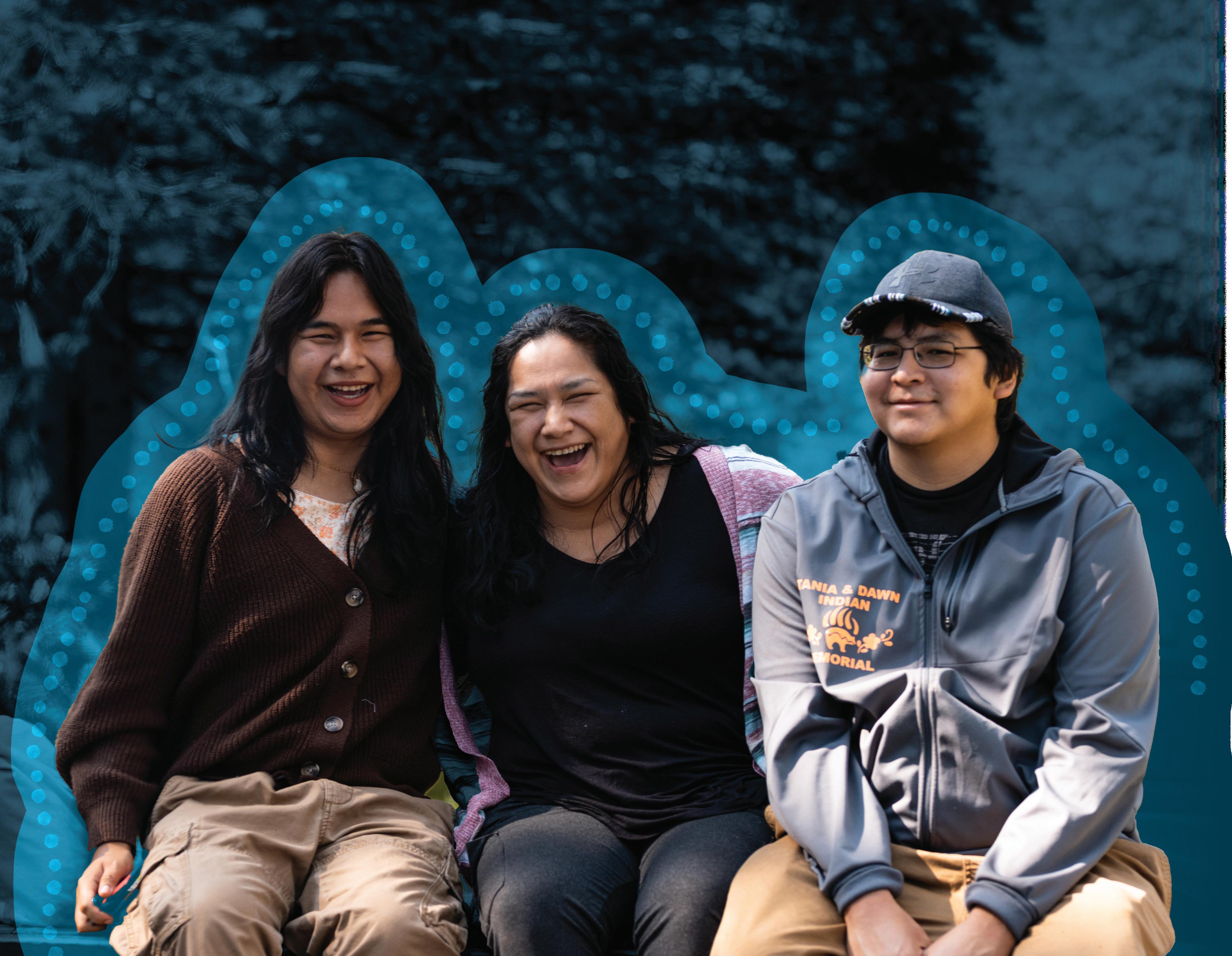
Support organizations addressing the Murdered & Missing Indigenous Women, Girls and 2Spirit People (MMIWG2S+) crisis to advocate for meaningful change and raise awareness through Confederation College’s network and platforms.
Details Goals
Partnerships, awareness campaigns, and policy advocacy will engage the College community in education and action while amplifying Indigenous voices. Efforts will focus on promoting the safety, dignity, and rights of Indigenous women, girls, and 2Spirit individuals by aligning with Indigenous-led initiatives that call for justice and systemic change.
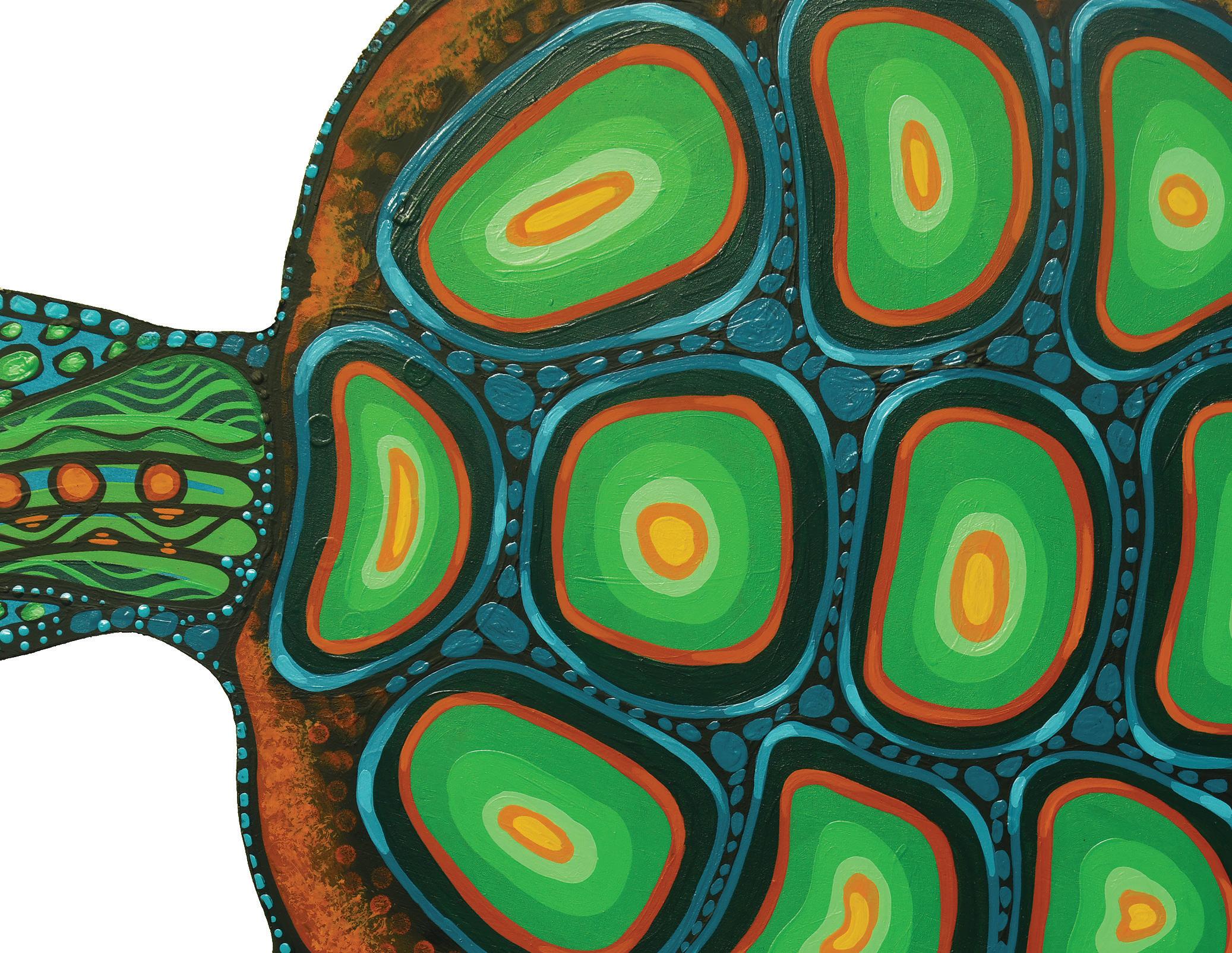
Strategic Partnerships: Collaborate with organizations and initiatives such as the Moose Hide Campaign, The REDress Project, The Faceless Dolls Project, and the CBC Mother Sister Daughter Project. Work with Indigenous-led organizations, community leaders, and advocates to align efforts with the needs of Indigenous communities affected by the MMIWG2S+ crisis.
Awareness Through College Communications: Use social media, internal news, and oncampus signage to raise awareness. Develop a dedicated section on the College’s website with resources and actions related to the MMIWG2S+ crisis.
Amplify Indigenous Voices: Provide a platform for Indigenous students, employees, and leaders to share their stories and calls to action. Involve Elders, Knowledge Keepers, and Indigenous leaders in events, workshops, and lectures focused on justice, healing, and reconciliation.
Sustainability
Confederation College recognizes the deep connection between Indigenous knowledge and environmental stewardship. We are committed to embedding Traditional Ecological Knowledge (TEK) and sustainable practices across our operations, curriculum, and community initiatives.
(TEK is a body of knowledge and practices accumulated by Indigenous and local communities over generations through direct contact with the environment. It encompasses a holistic understanding of relationships between living beings, including humans, and their surroundings, including natural phenomena, landscapes, and the timing of events.)
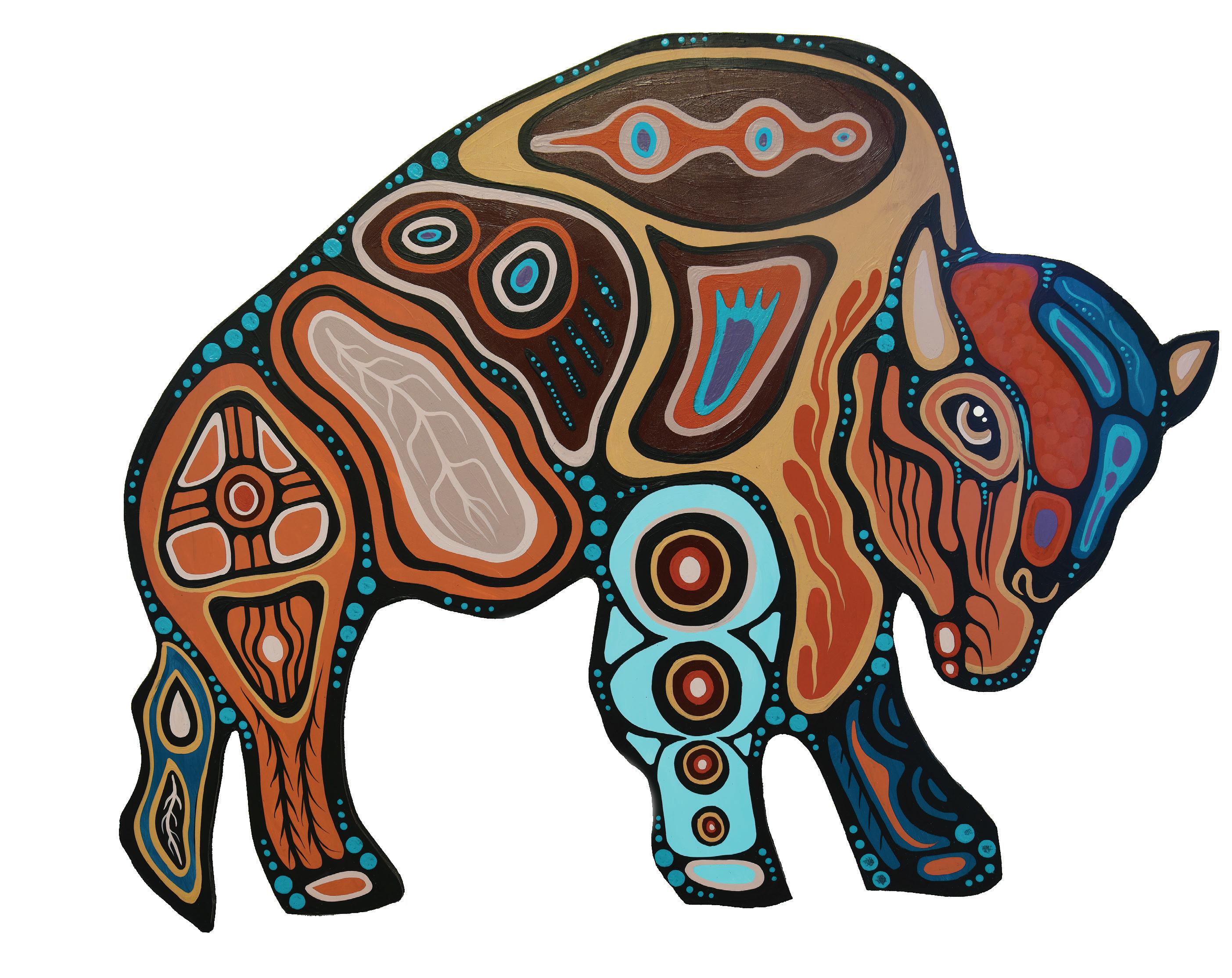
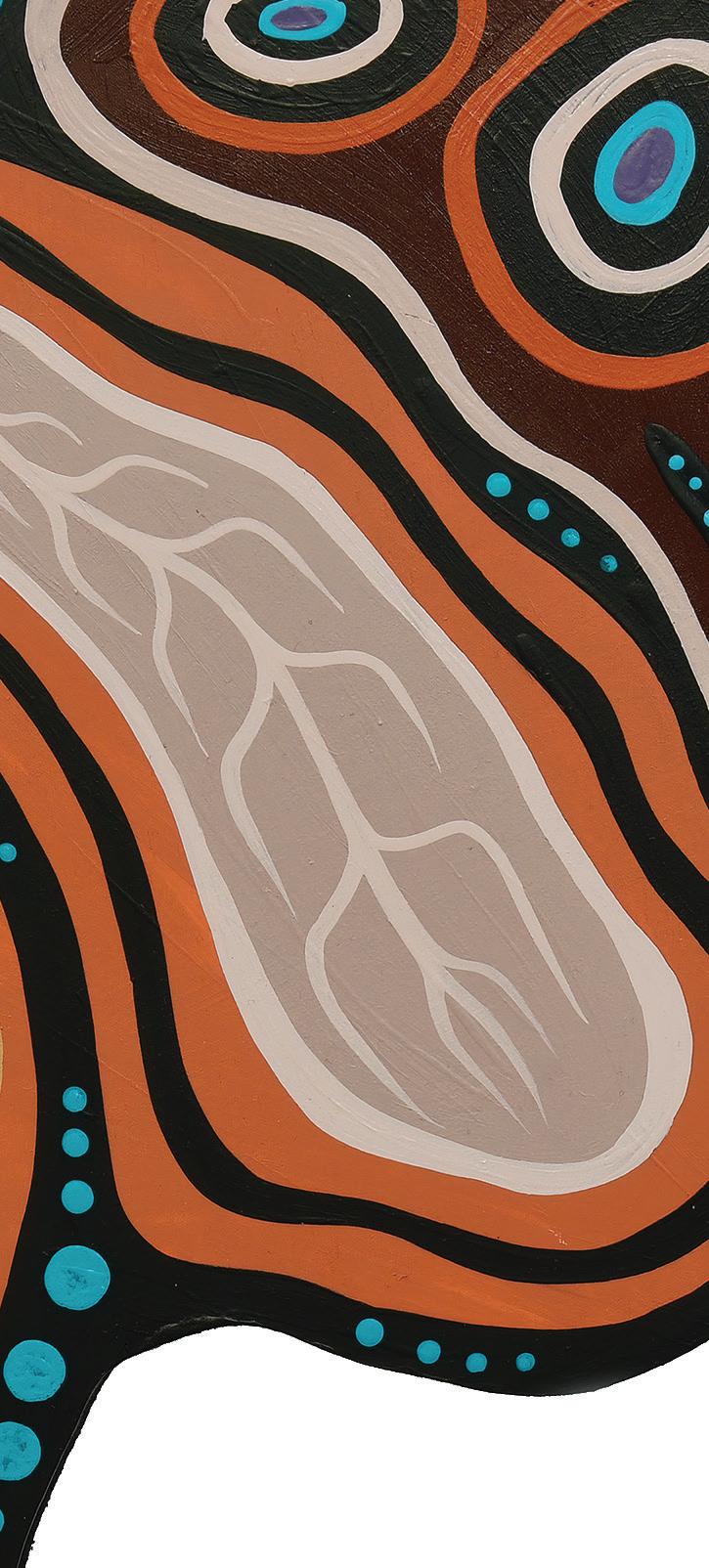
Restore traditional landscapes and native habitats on campus.
Details Goals
Indigenous knowledge and sustainable land stewardship practices will be integrated to create opportunities for Indigenous students, employees, and the broader College community to participate in ecological restoration and deepen their connection to the land.
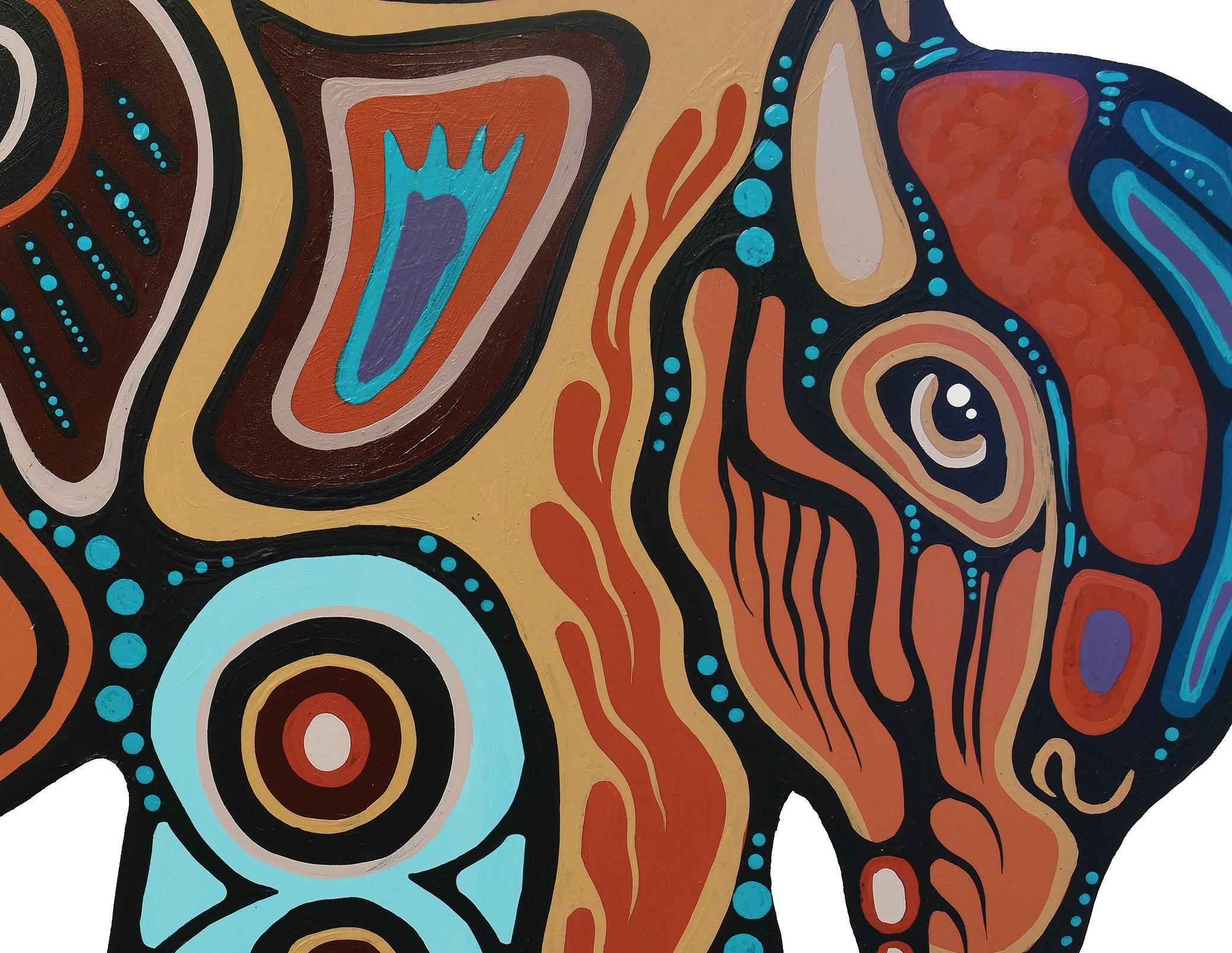
Integrate Indigenous Knowledge in Restoration: Ensure traditional ecological knowledge and Indigenous ways of knowing are central to land restoration efforts.
Engage Indigenous Students and Employees: Provide hands-on opportunities for Indigenous students and employees to participate in gardening and land restoration projects, fostering learning in traditional ecological practices.
Host Workshops and Learning Opportunities: Organize educational sessions led by Indigenous experts on land stewardship, gardening, and restoration. Offer these workshops to both Indigenous and non-Indigenous students and employees to promote awareness of Indigenous plant ecosystems and sustainability.
Encourage collaboration between Reconciliation and sustainability efforts.
Details Goals
Create opportunities for dialogue and collaboration between Reconciliation and sustainability efforts. Engagement with students, employees, and the broader community will ensure Indigenous perspectives on traditional conservation and environmental stewardship are woven into sustainability programs and strategies.
Awareness Campaigns and Educational Initiatives: Develop and distribute materials highlighting the connection between Reconciliation, sustainability, and Indigenous ways of knowing. Promote Two-Eyed Seeing, integrating Western science and Indigenous knowledge for holistic environmental solutions.
Roundtable Discussions and Learning Sessions: Invite Indigenous leaders, Elders, and Knowledge Keepers to share insights on traditional conservation practices.
Traditional Conservation Methods: Showcase Indigenous leadership in land stewardship, natural resource management, and conservation.
Reconciliation in Sustainability Education: Weave Truth and Reconciliation principles into sustainability programs, courses, and curriculum. Collaborate with Indigenous employees and leaders to co-develop course content and land-based learning experiences focused on Indigenous environmental stewardship.
Collaborative Sustainability and Indigenous Initiatives: Establish joint projects that combine sustainability and Reconciliation goals, such as land restoration, biodiversity promotion, and traditional land management practices.
Sustainability



Include Traditional Ecological Knowledge (TEK) across existing sustainability initiatives through strategic partnerships and collaboration.
Details Goals
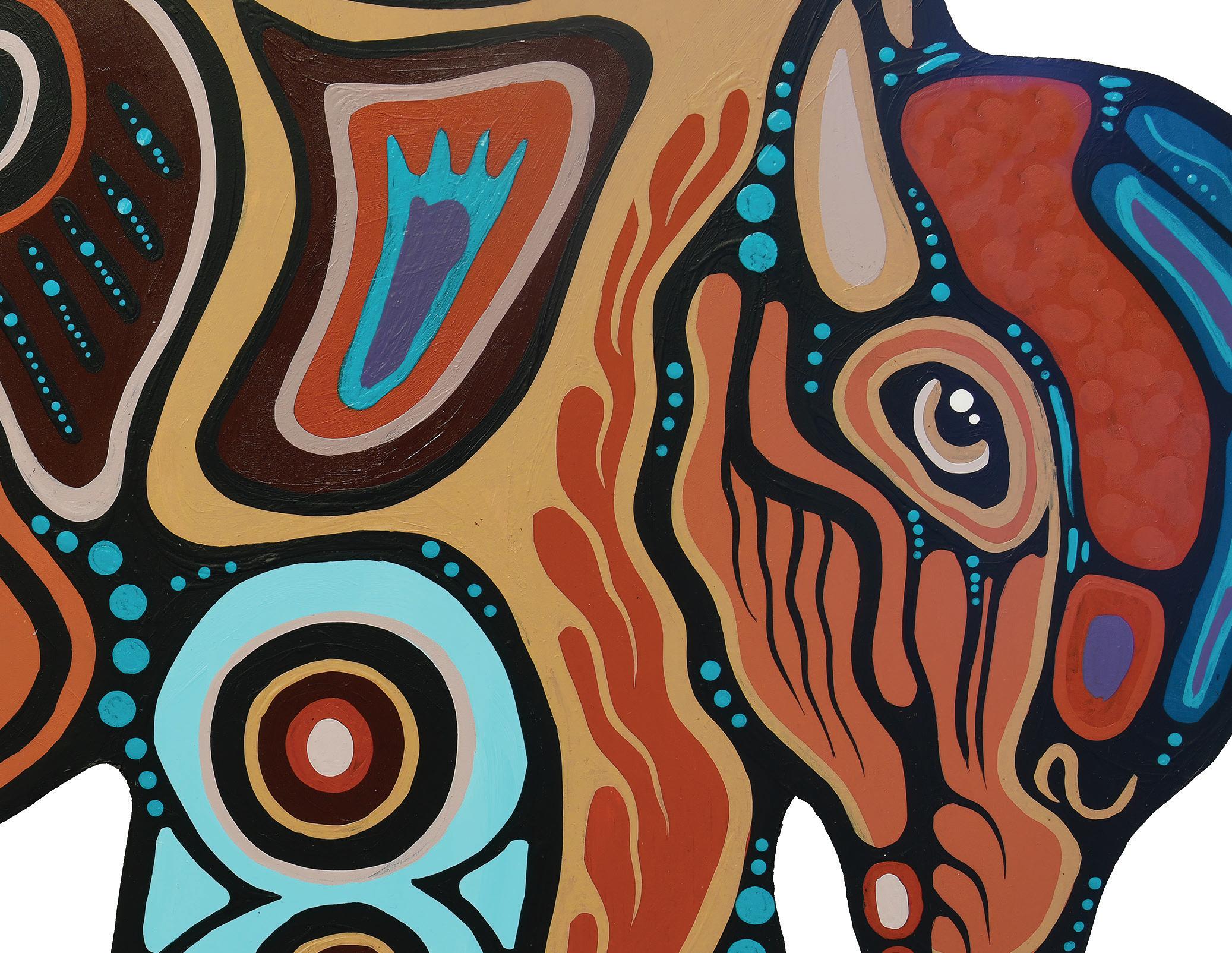
Collaboration with Indigenous organizations and communities will weave Traditional Ecological Knowledge (TEK) into sustainability initiatives. These partnerships will enhance campus operations, curriculum, and environmental practices by incorporating Indigenous knowledge alongside Western conservation methods. This approach will foster a model of environmental stewardship that respects Indigenous ways of knowing, while advancing sustainable solutions.
Partnerships with Indigenous Organizations: Collaborate with Indigenous organizations specializing in TEK, conservation, and sustainability.
Weave TEK into Sustainability Operations: Encourage consideration of TEK practices in related courses and programs.
TEK in Curriculum: Collaborate with Indigenous educators to weave TEK into sustainability-related courses and programs. Update content in fields such as Natural Resources, Engineering Technology, and Aviation. Develop experiential learning opportunities, including field trips and student-led projects.
Elder’s Council: Establish a council of Indigenous Elders and Knowledge Keepers to provide ongoing guidance on TEK integration in college operations and curriculum. Ensure sustainability initiatives respect Indigenous cultural values and enhance environmental practices.
Campus Engagement with TEK: Provide hands-on opportunities for students to apply TEK in sustainability projects such as campus garden restoration, tree planting, and environmental monitoring. Foster a learning environment where students and employees actively contribute to and learn from TEK in practice.
Ode’imin: The Heart Berry’s Significance in Ojibwe Culture
In Ojibwe, ode’imin or “heart berries,” known in English as strawberries, hold profound significance beyond their role as a fruit.
These berries embody a powerful symbol of love, healing, and community, deeply woven into Ojibwe cultural practices, stories, and spiritual beliefs.
Symbol of the Heart and Relationships:
Shaped like a heart, ode’imin represents love, kindness, and compassion. In Ojibwe teachings, strawberries serve as a reminder of the intricate connection between emotions and the heart, emphasizing the importance of emotional well-being and harmonious relationships within communities and with nature.
Healing and Reconciliation:
Central to teachings about physical and spiritual healing, strawberries play a crucial role in mending relationships and fostering reconciliation. During healing ceremonies, they serve as a potent symbol of forgiveness and the renewal of bonds, particularly within families and communities.
Growth, Renewal, and Interconnectedness:
The strawberry plant’s ability to spread and interconnect mirrors the Ojibwe view of life’s continuity. One plant can link different areas, symbolizing the connection between past, present, and future. This characteristic embodies personal growth, knowledge transmission, and the responsibility to nurture future generations.
Resilience and Community:
Even in winter, when the plant appears dormant, it continues to live and work beneath the surface. This resilience parallels the strength of a community, highlighting the need for continuous nourishment and care to ensure growth and vitality.
Through the symbolism of ode’imin, the Ojibwe are reminded of their responsibility to care for one another, maintain harmony with nature, and nurture their communities. The heart berry thus becomes a multifaceted emblem of love, healing, growth, and the enduring spirit of the Ojibwe people.
Artist spotlight
Jacqueline Traverse
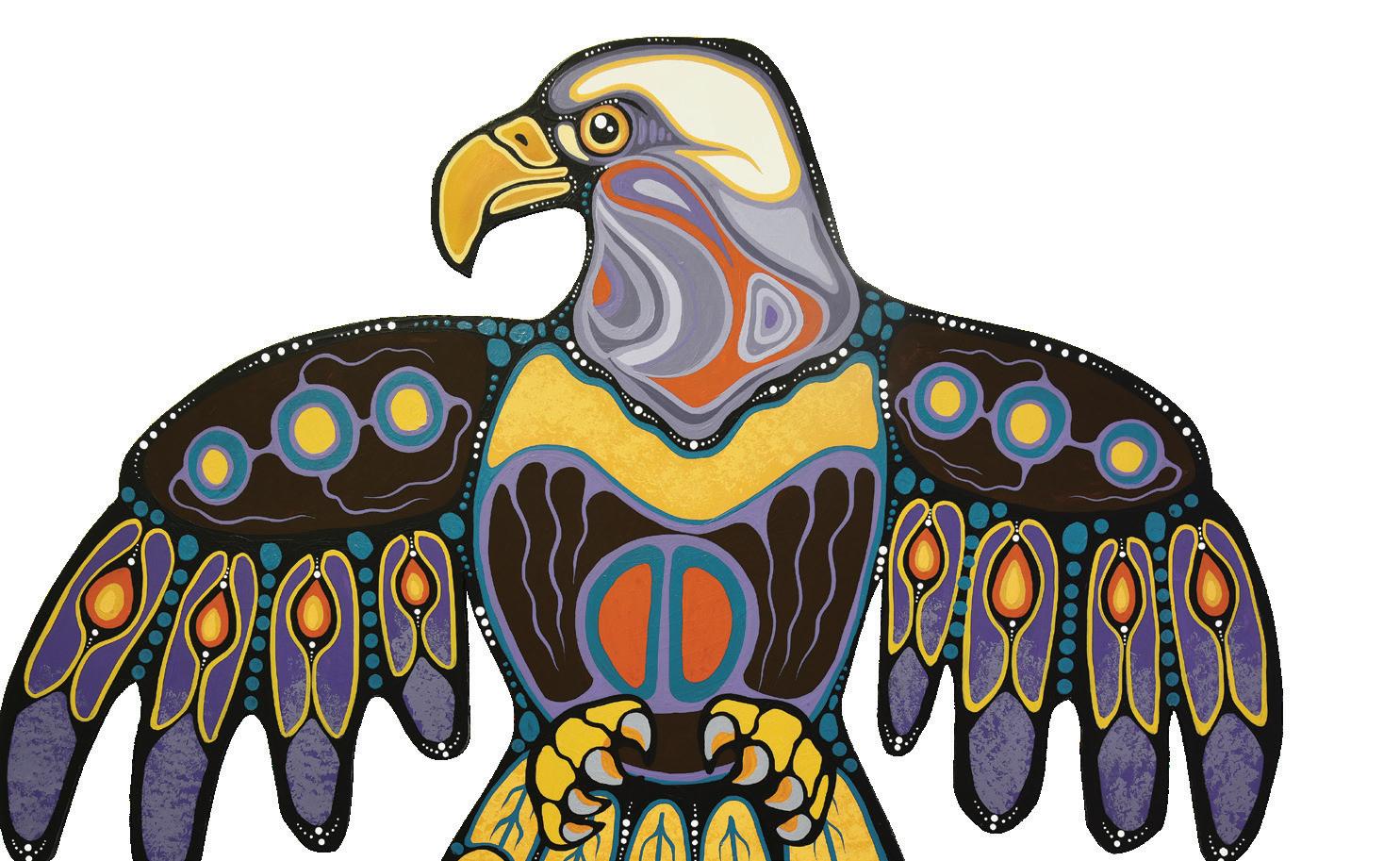
Jacqueline “Jackie” Traverse was born in Winnipeg, Manitoba. She is Ojibway from the Lake St. Martin First Nation.
Jackie began drawing as a child and was inspired by a field trip to the Wahsa Gallery when she was 13 years old. It wasn’t until she was 32 years old that she decided to submit a portfolio of her works to the University of Manitoba where she studied Fine Arts and graduated with a diploma in May of 2009.
Jackie Traverse is a multi-disciplined Indigenous artist who works in several mediums from oil and acrylic paintings to mixed media, stop-motion animation and sculpture.
Jackie draws her inspiration from her indigenous culture and her experiences as a native woman living in Winnipeg.
Today, as an artist, Jackie does a lot of work in the community. Her work is very women-centred.
Kayla Esquega
Kayla Esquega is a local young, Indigenous artist from Thunder Bay who has been painting since high school.
She graduated in 2023 from Lakehead University with a Bachelor’s Degree in Visual Arts.
She is inspired by the woodland style as well as artists like Daphne Odjig, Christi Belcourt and Norval Morrisseau.
Her work consists of house paint on canvas with a focused use on pastels, and florals and has recently stepped into illustrating animals.
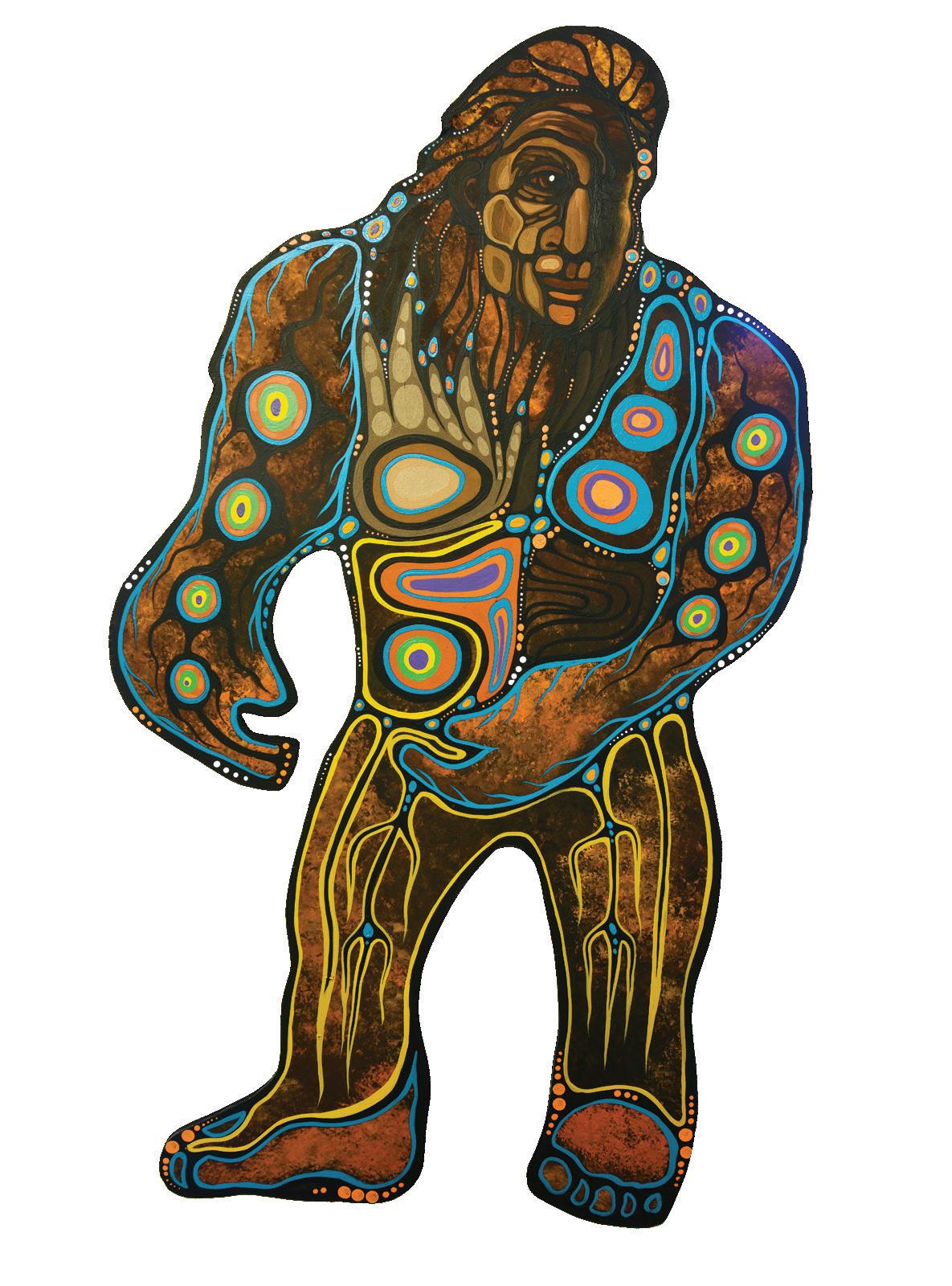
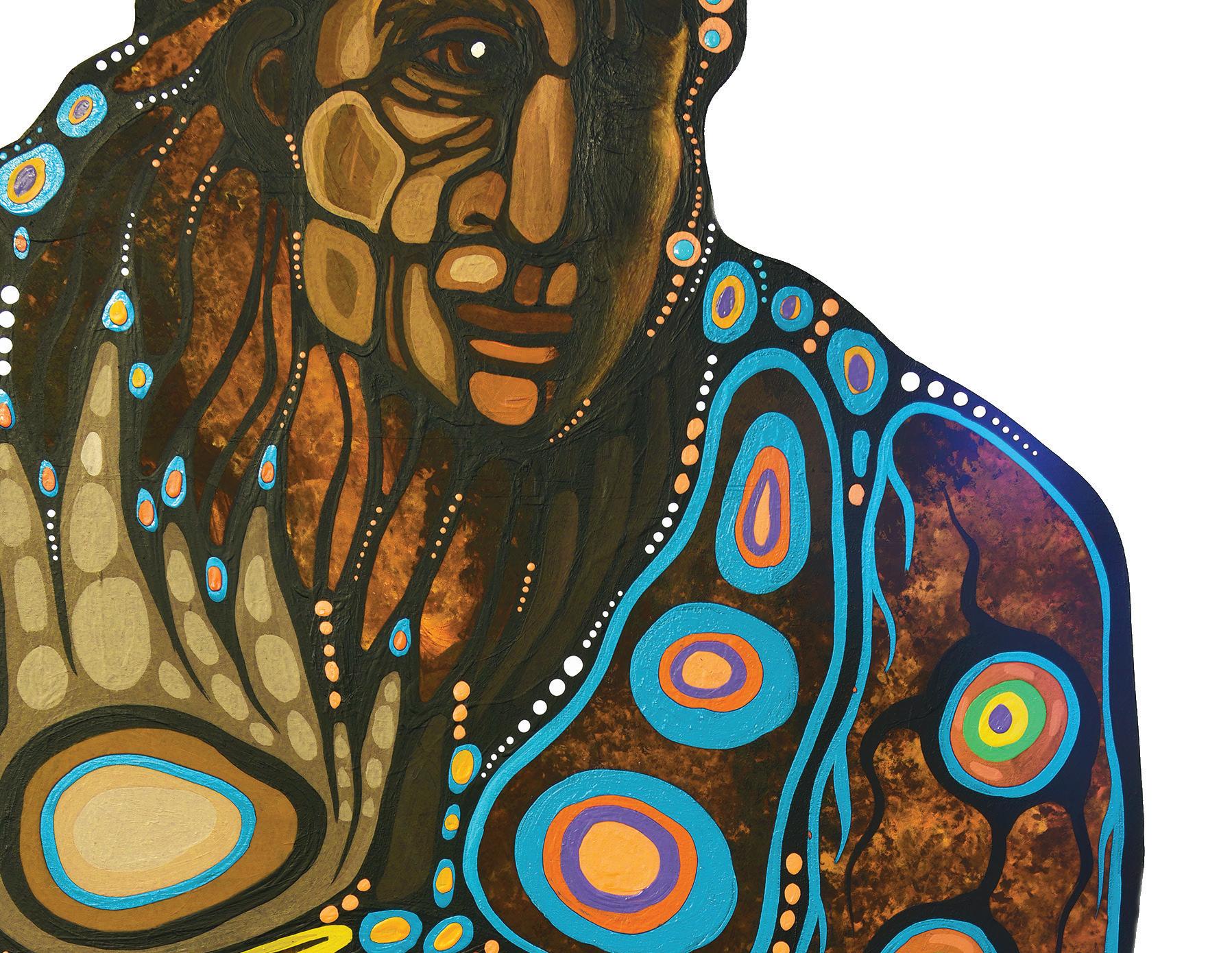
www.confederationcollege.ca/irap
